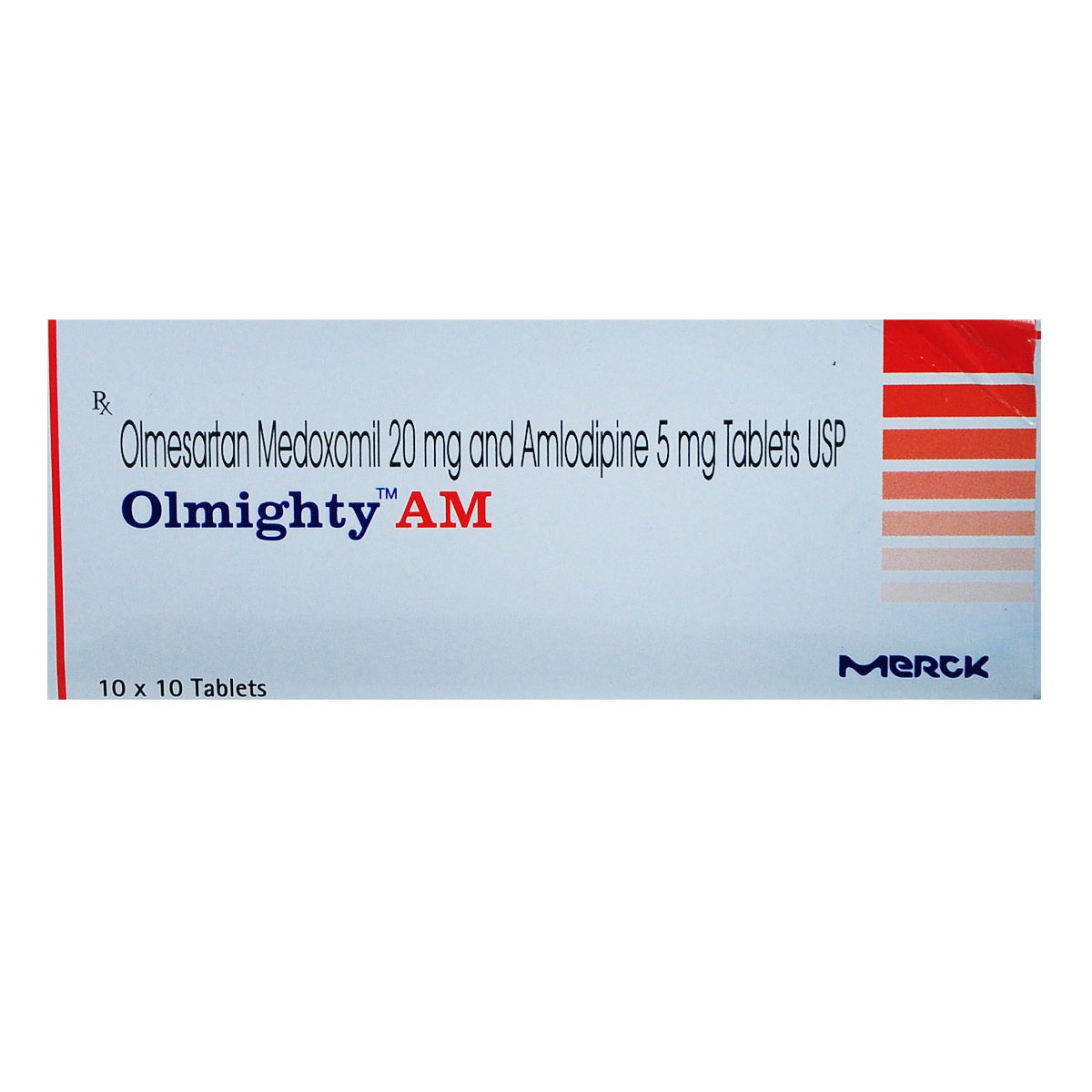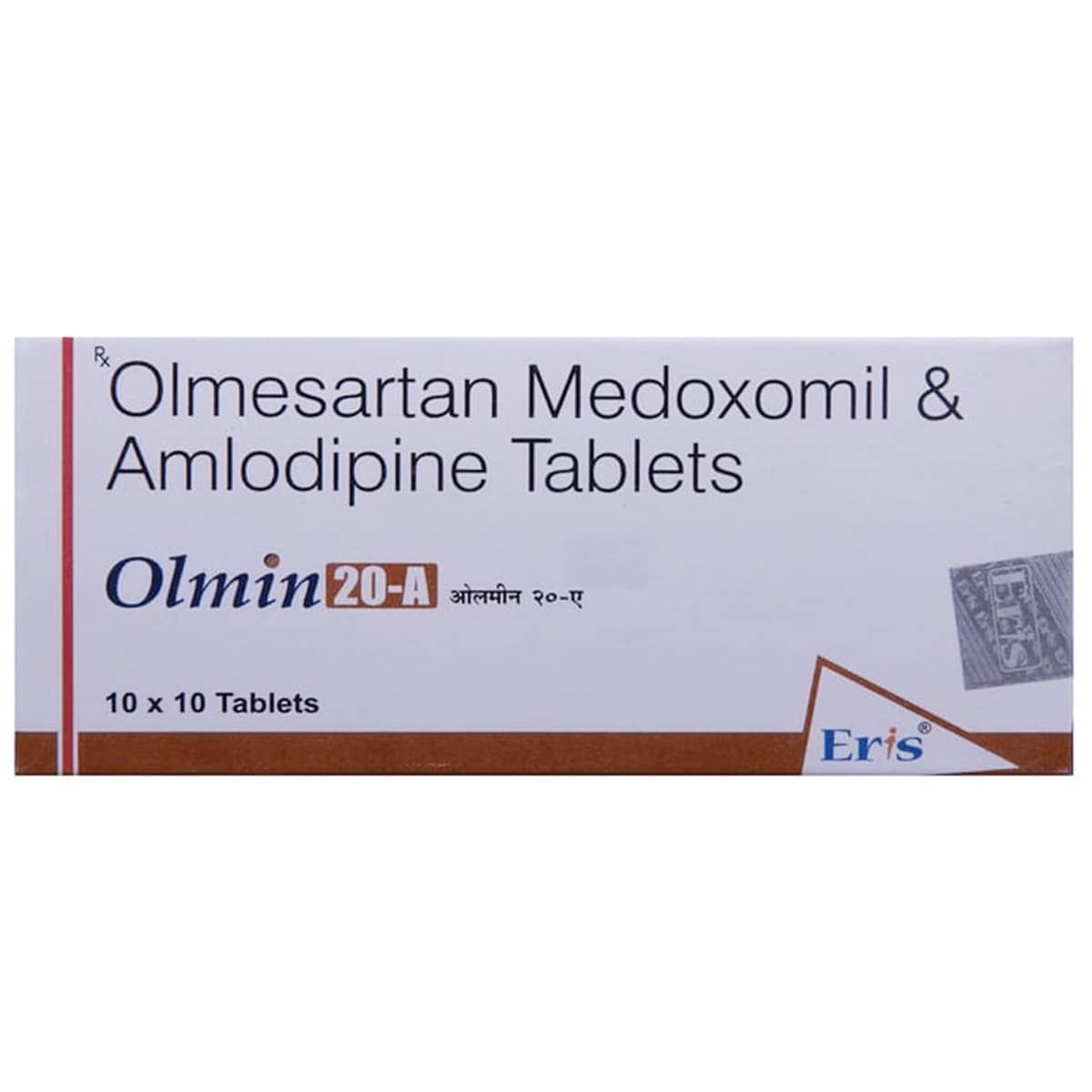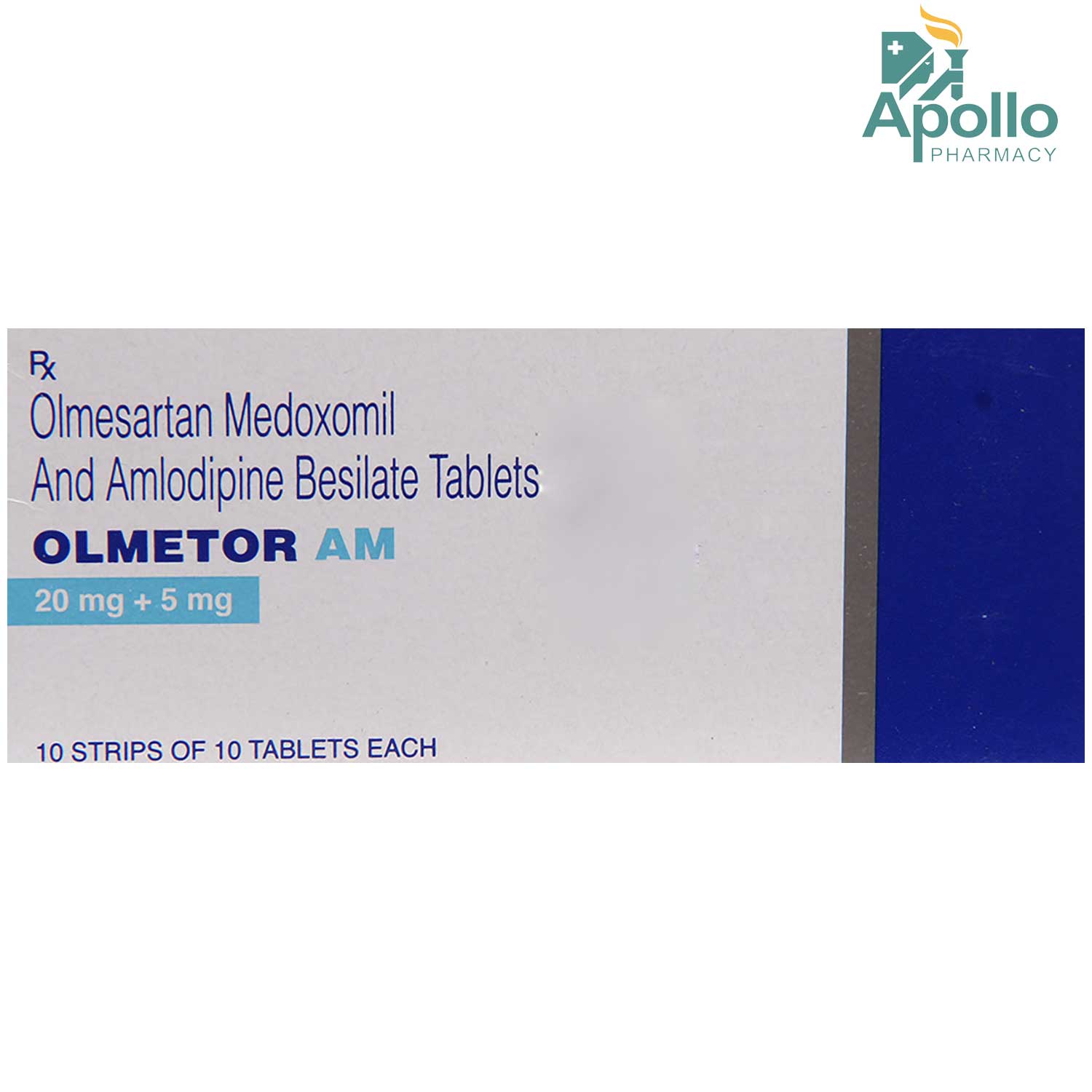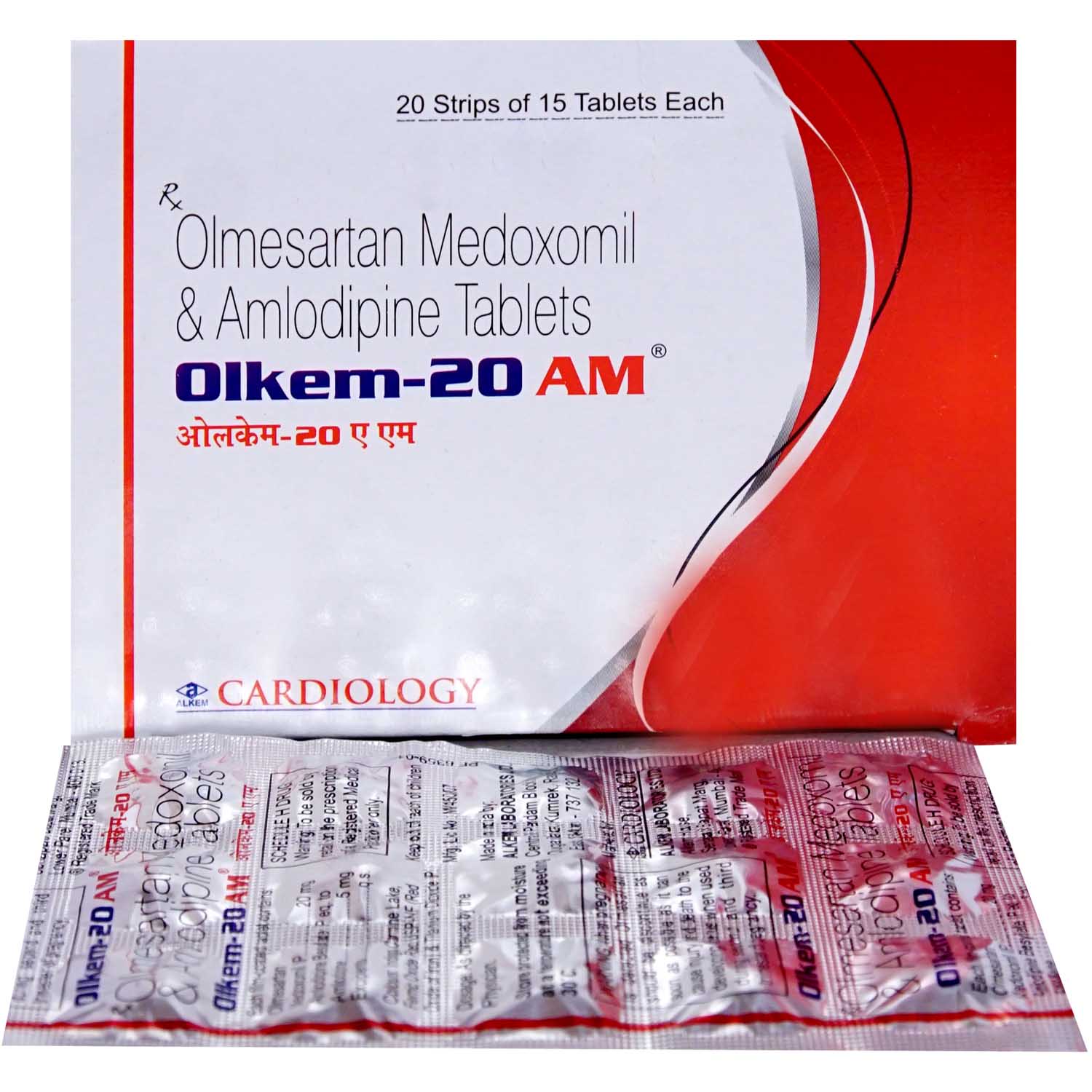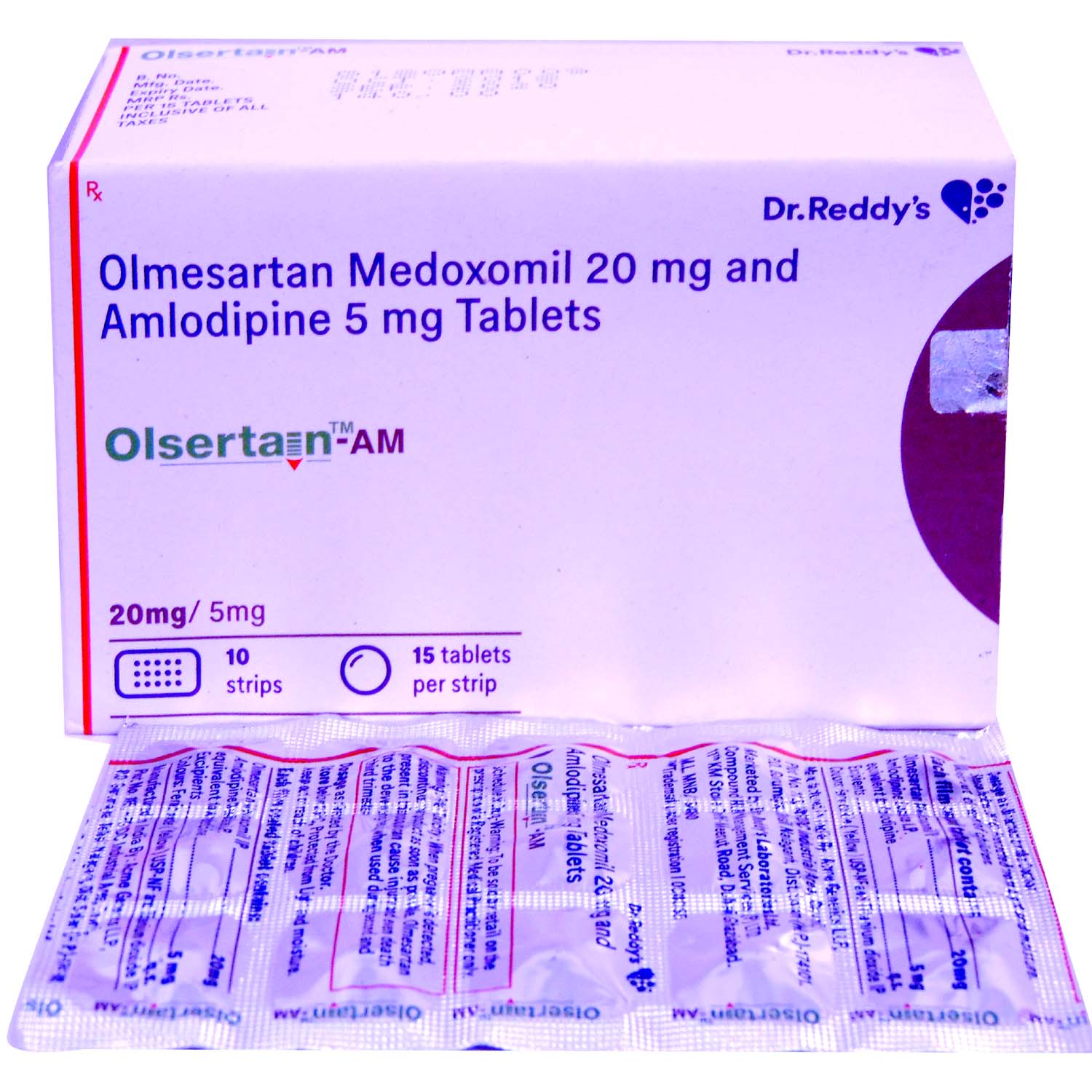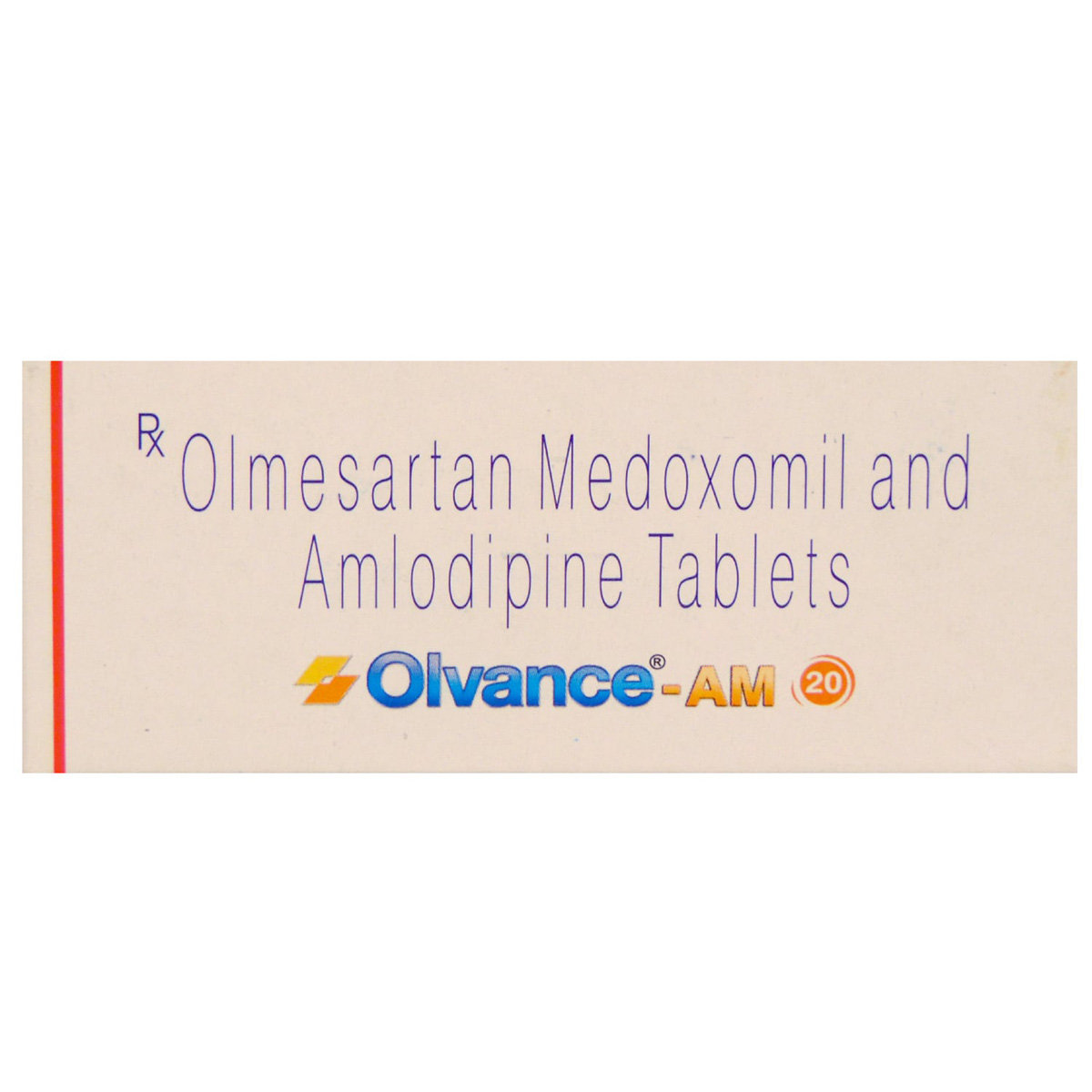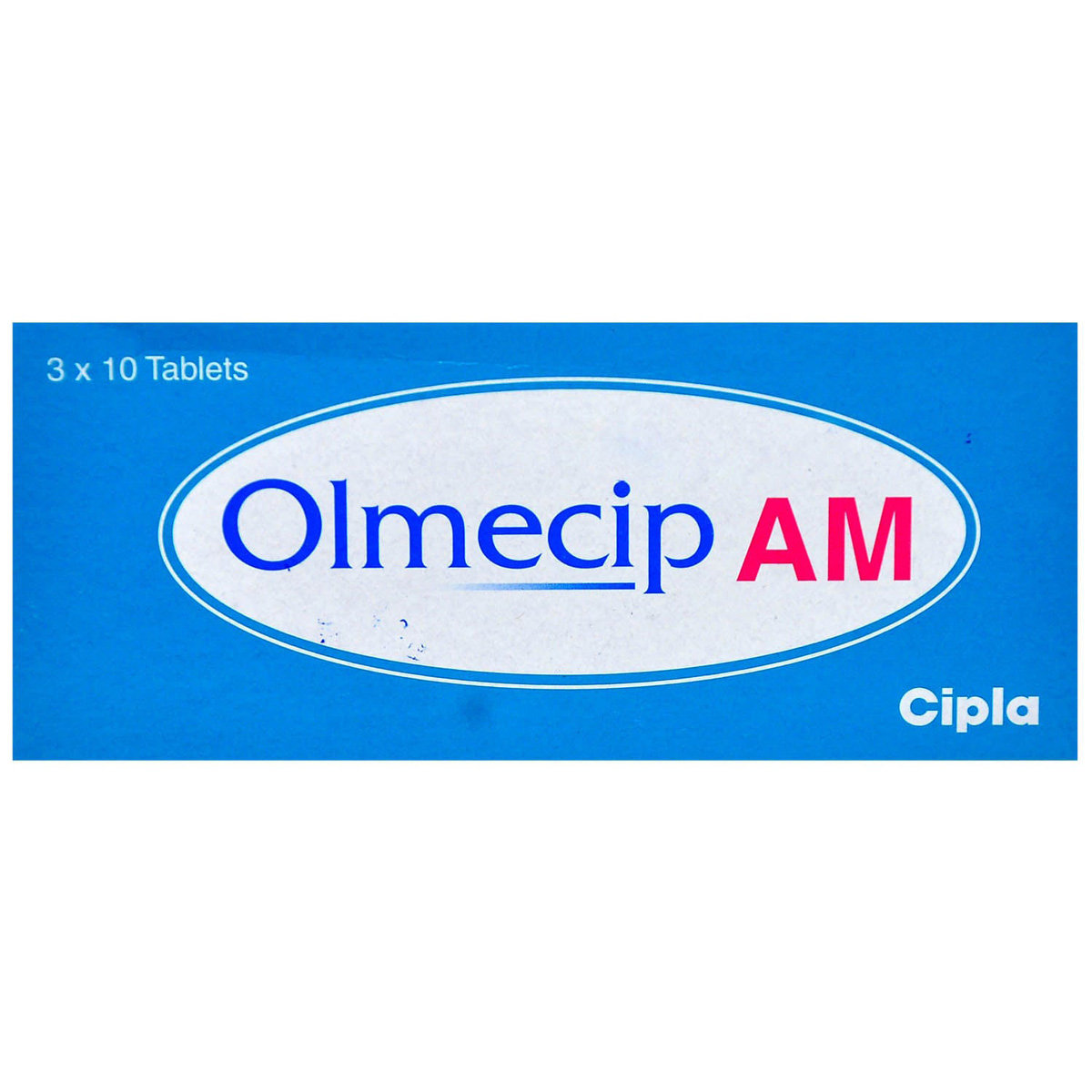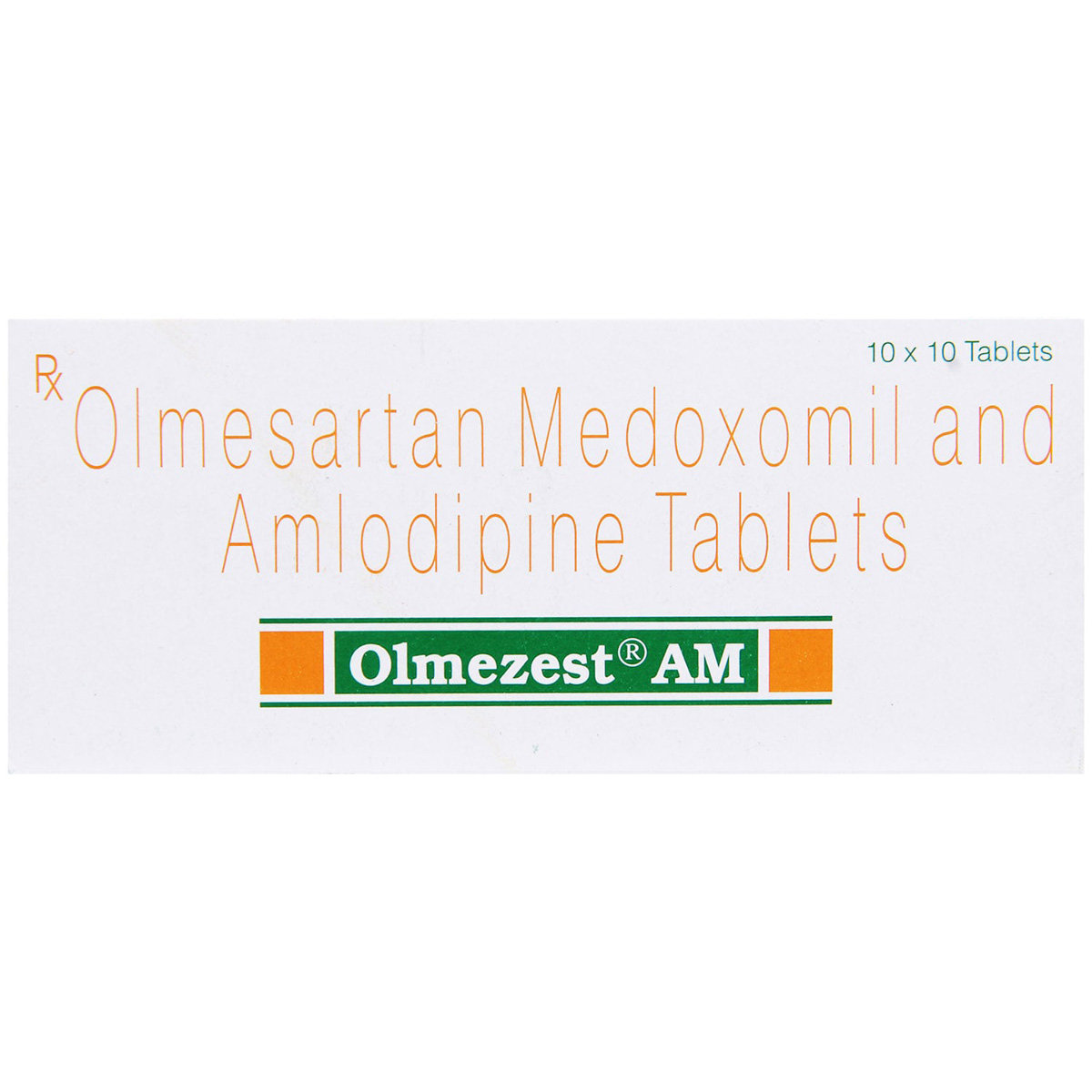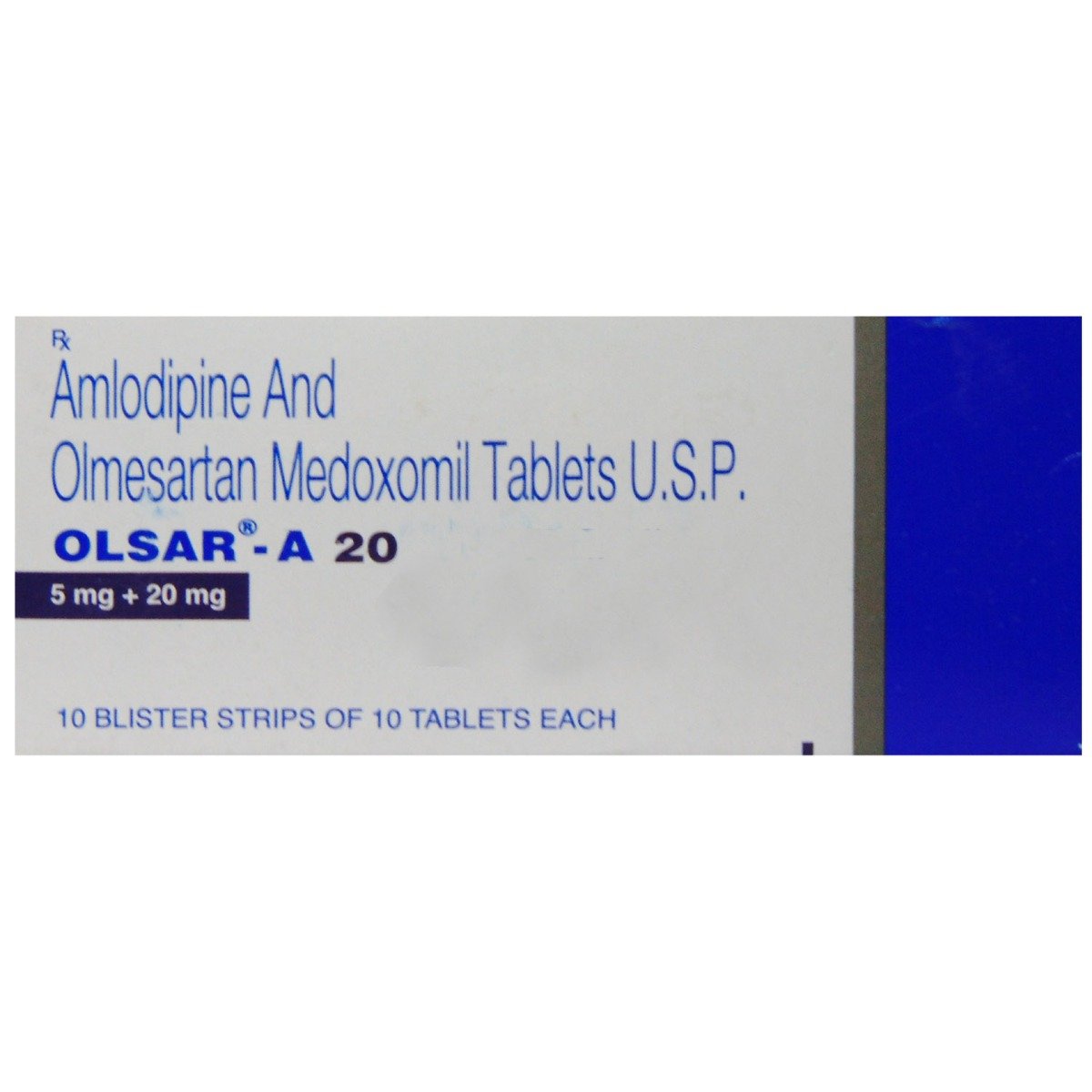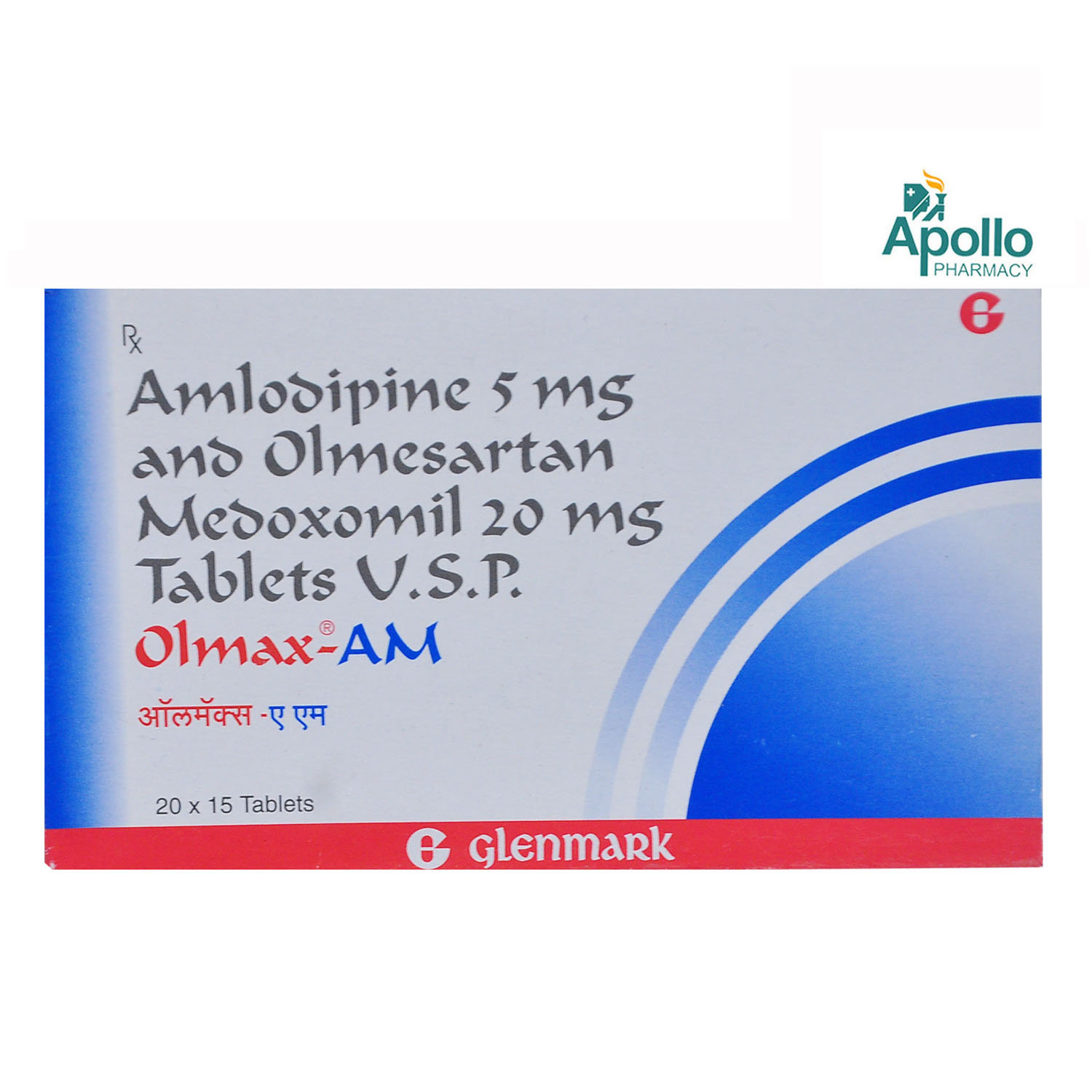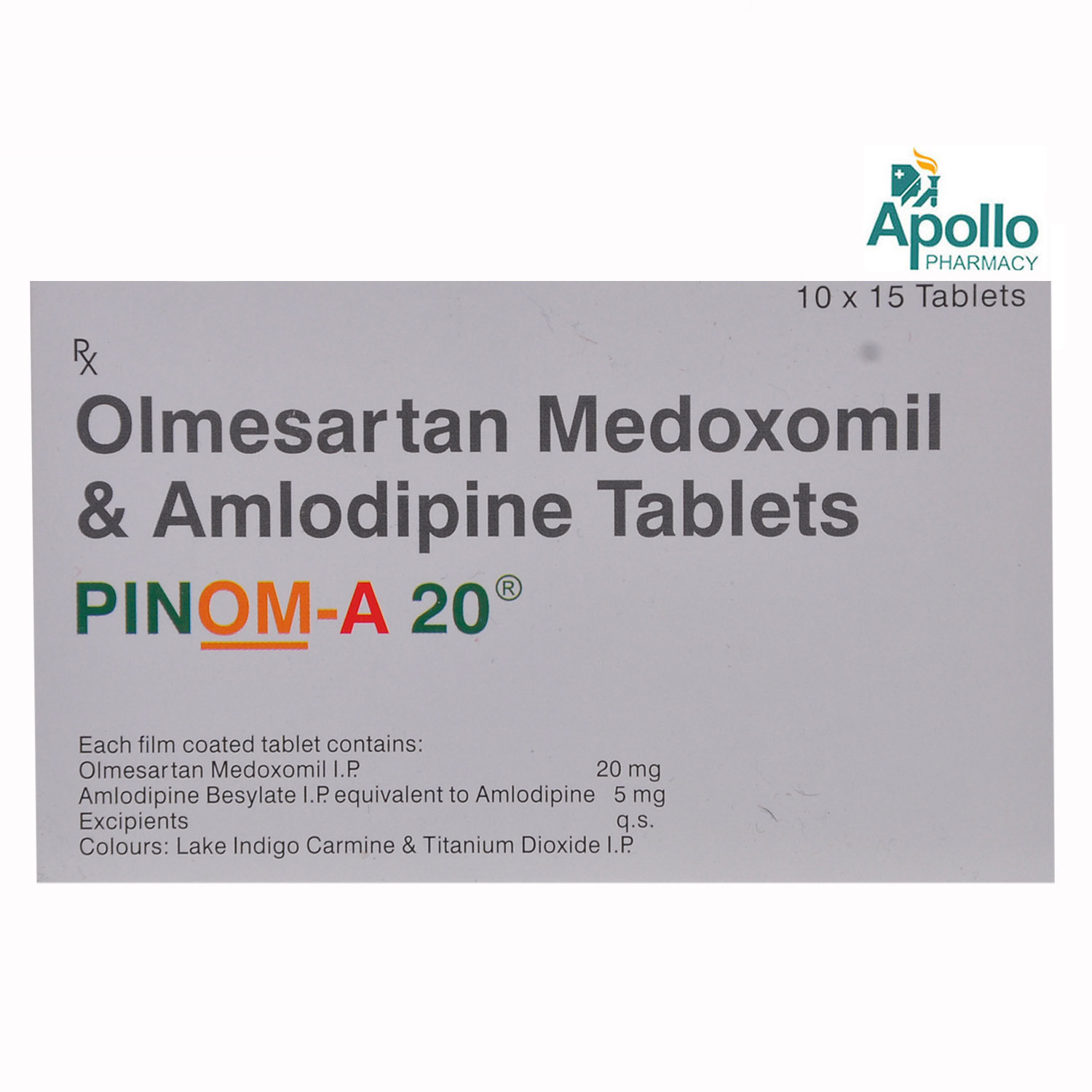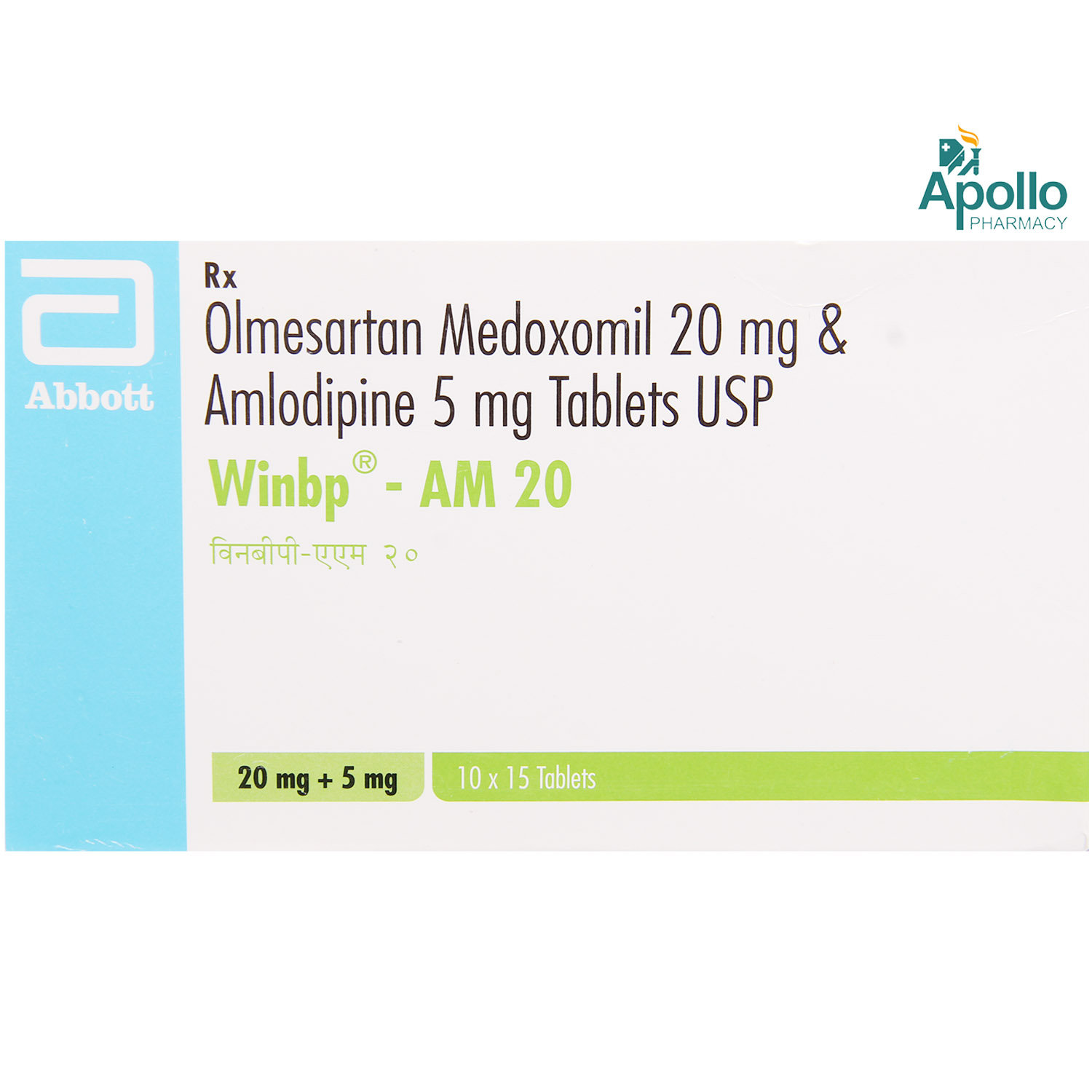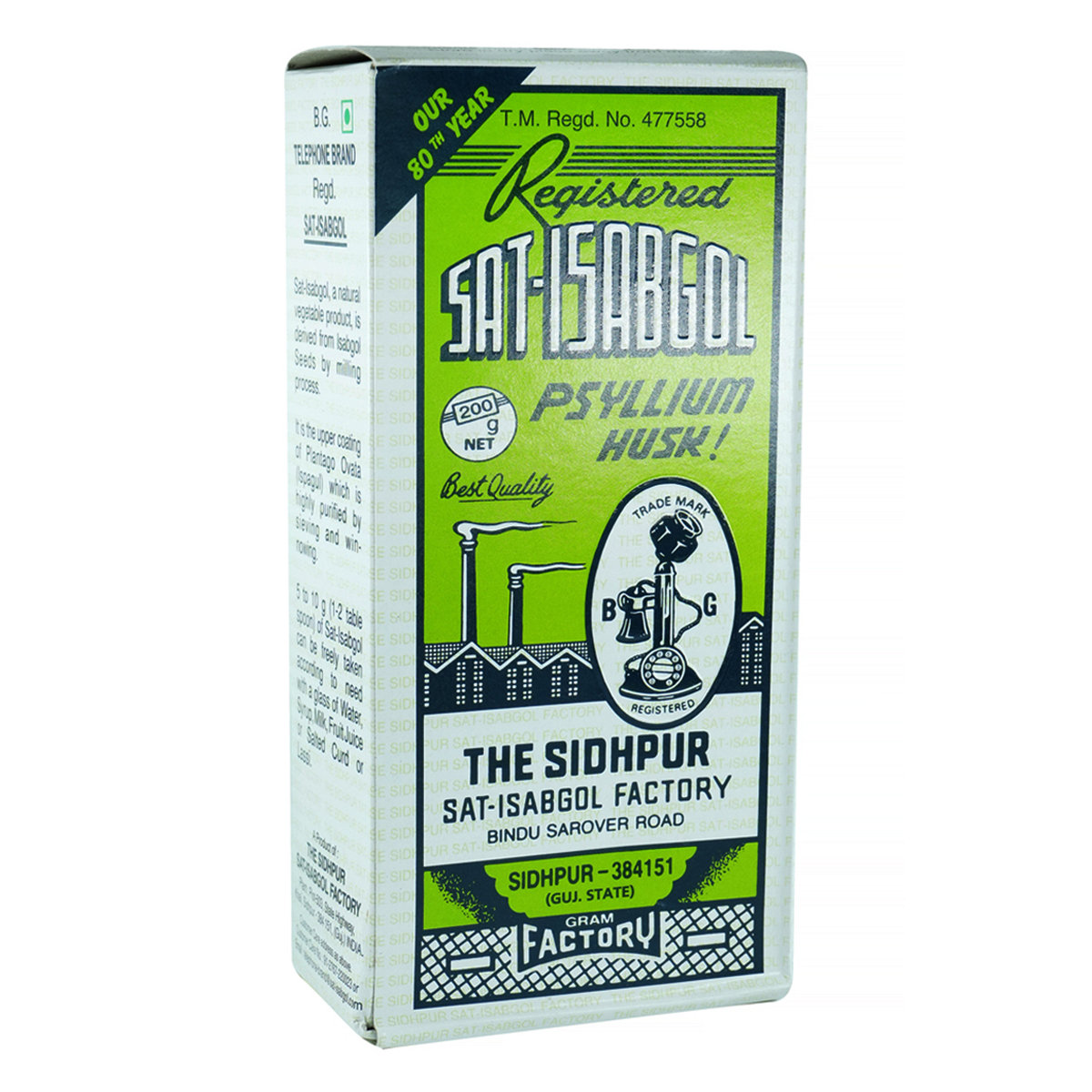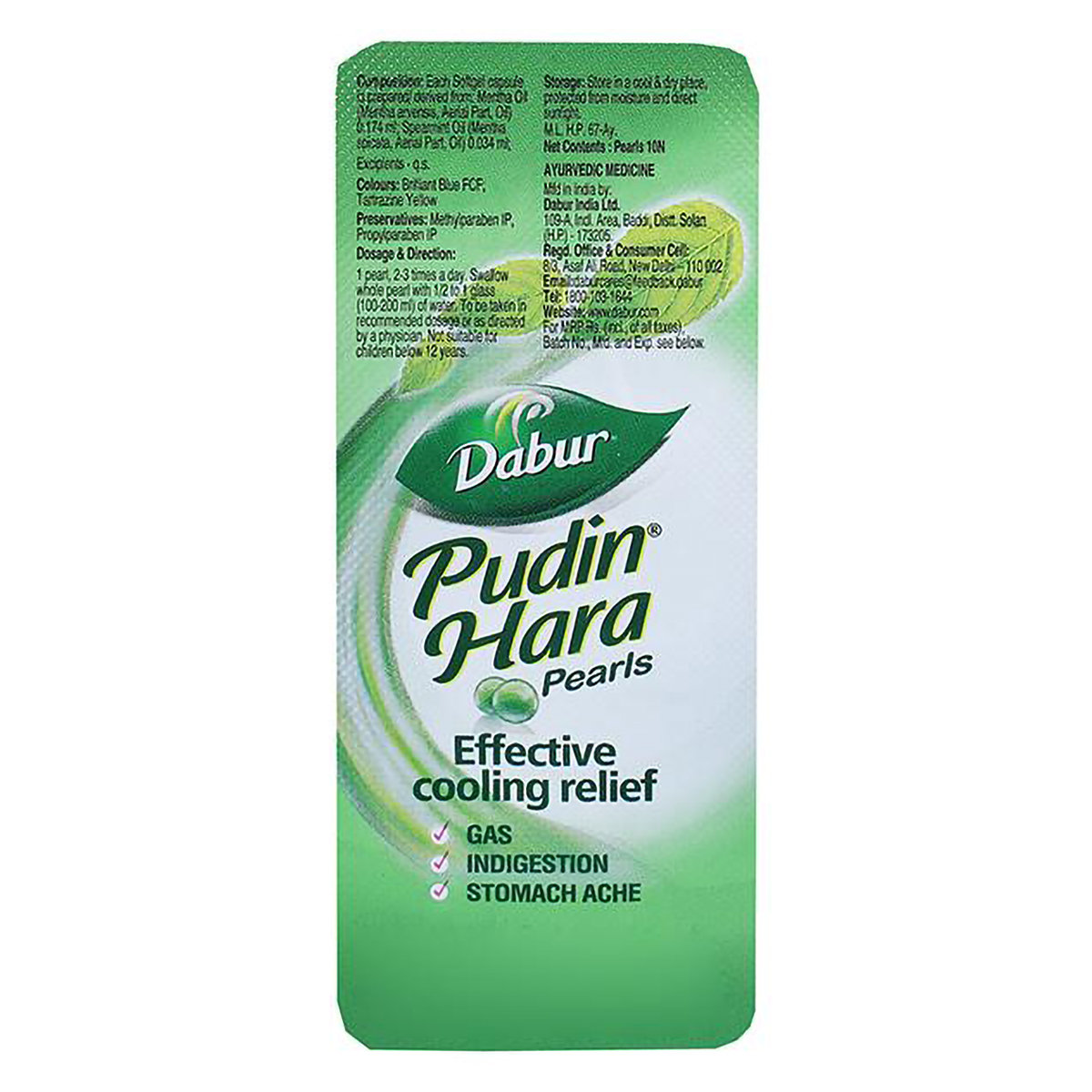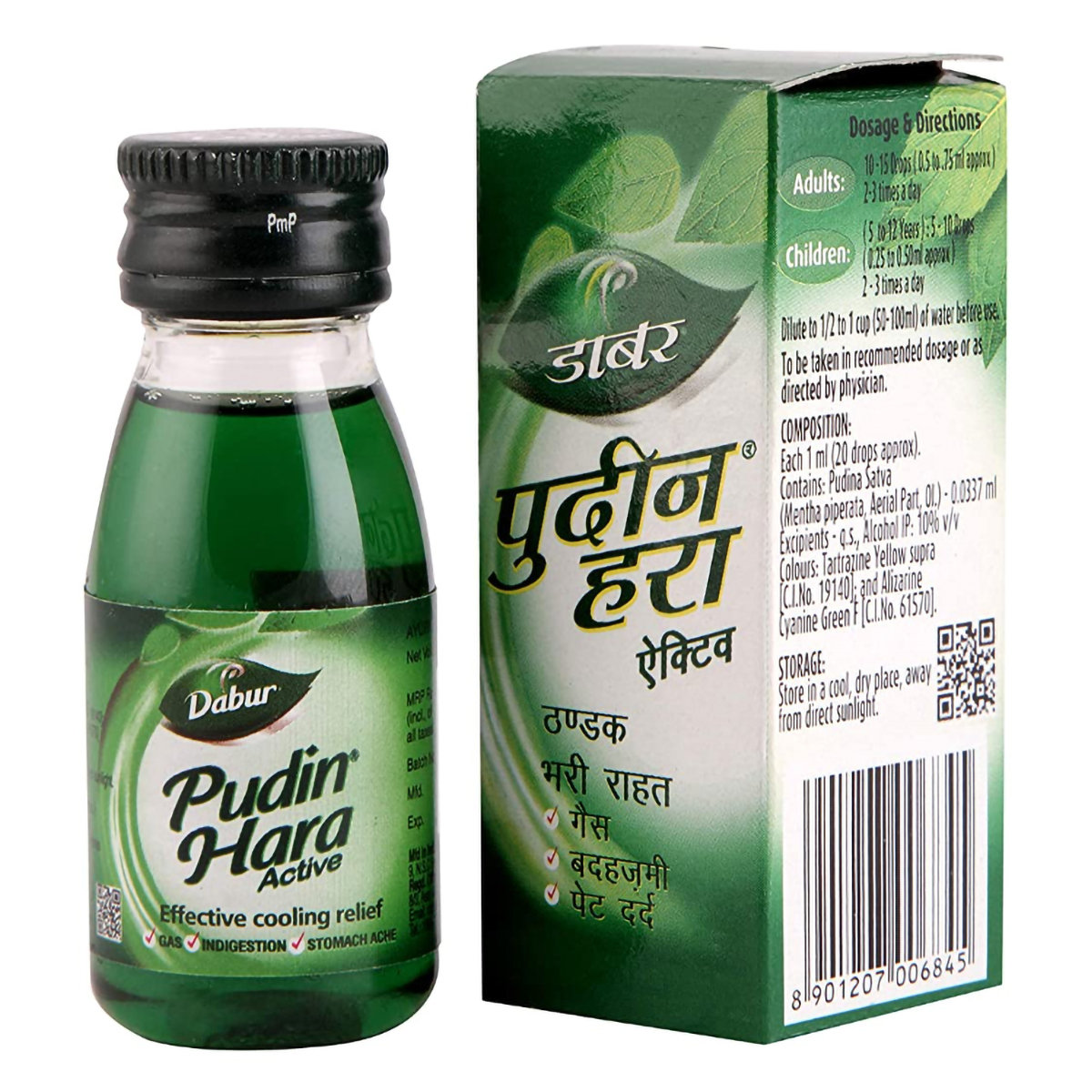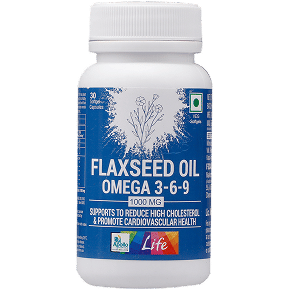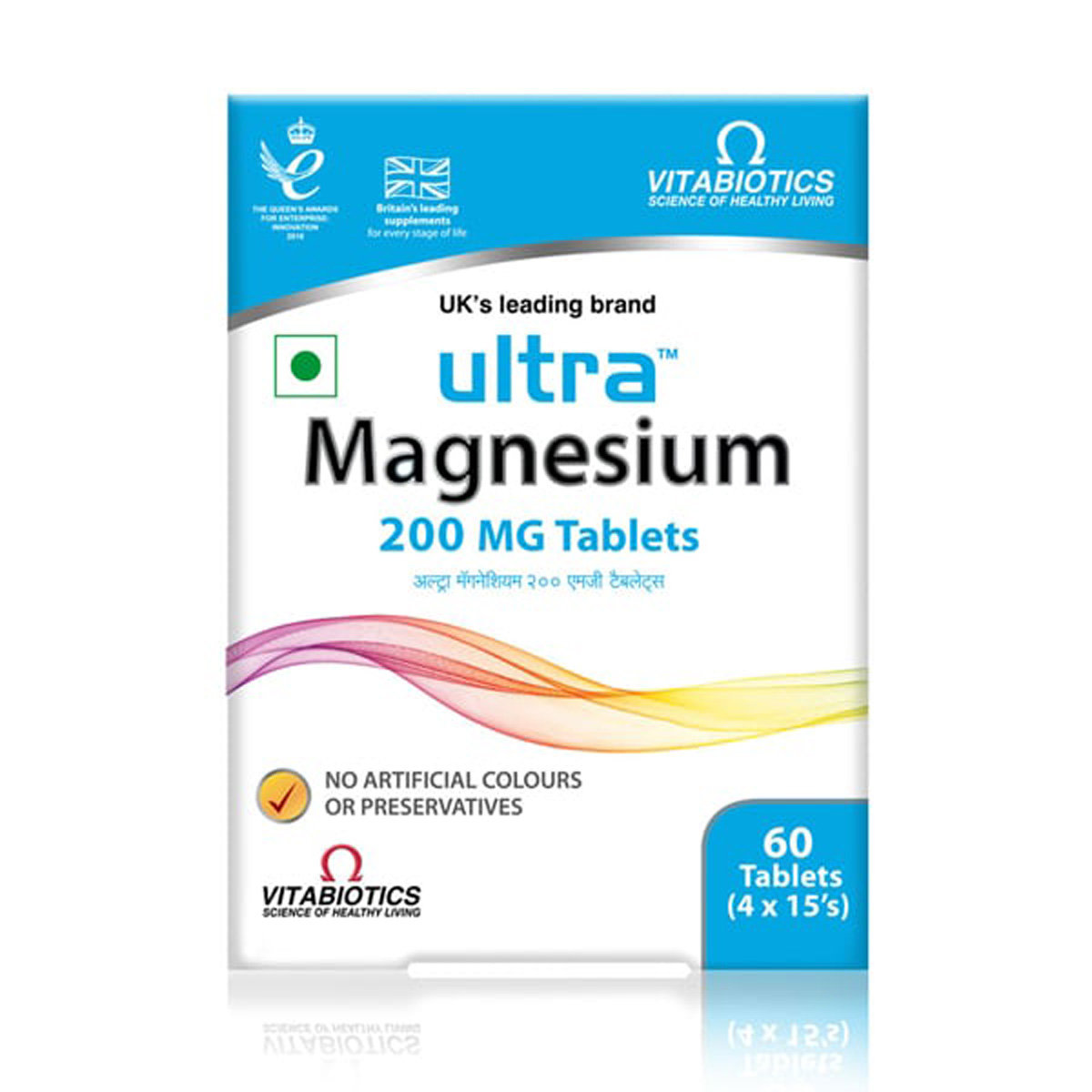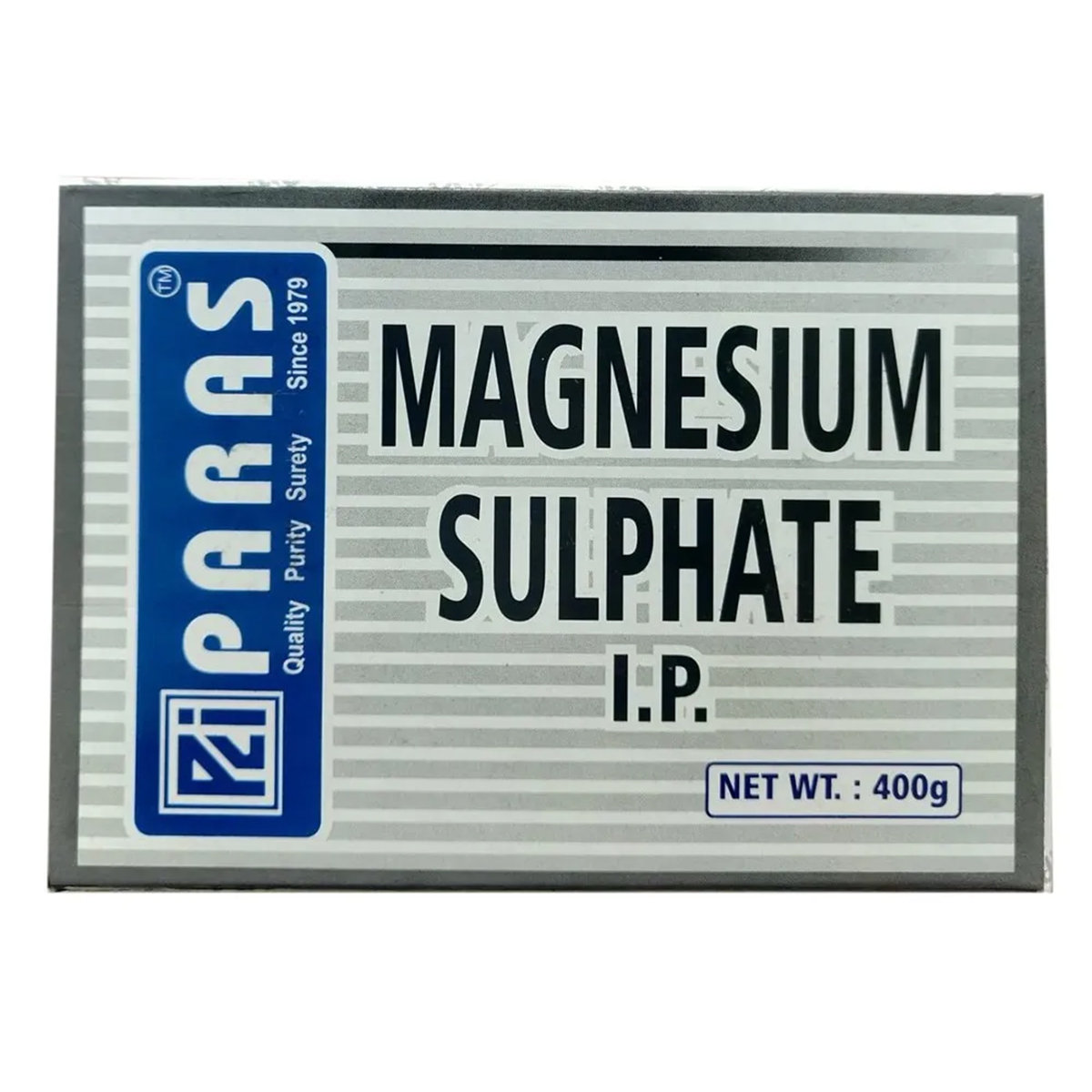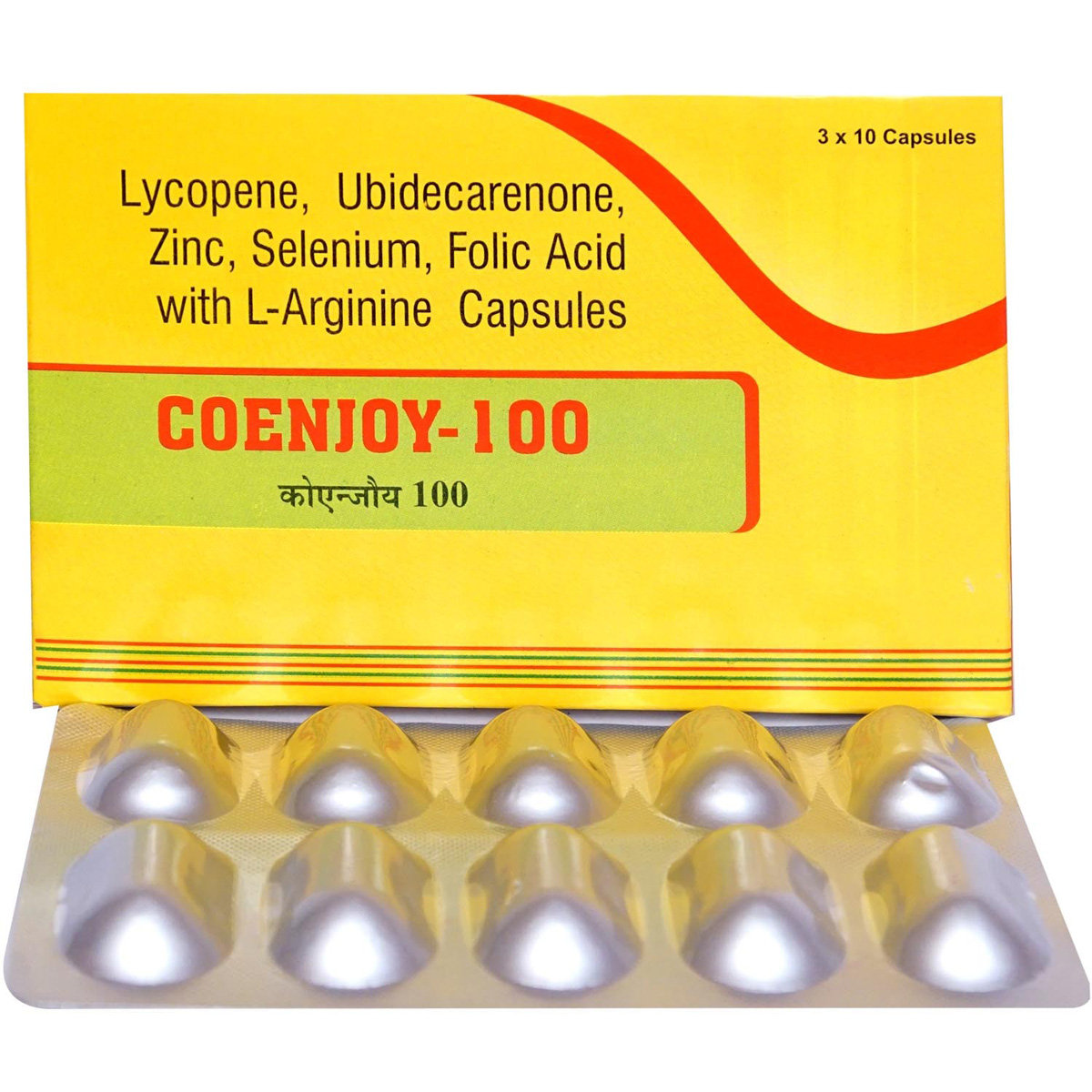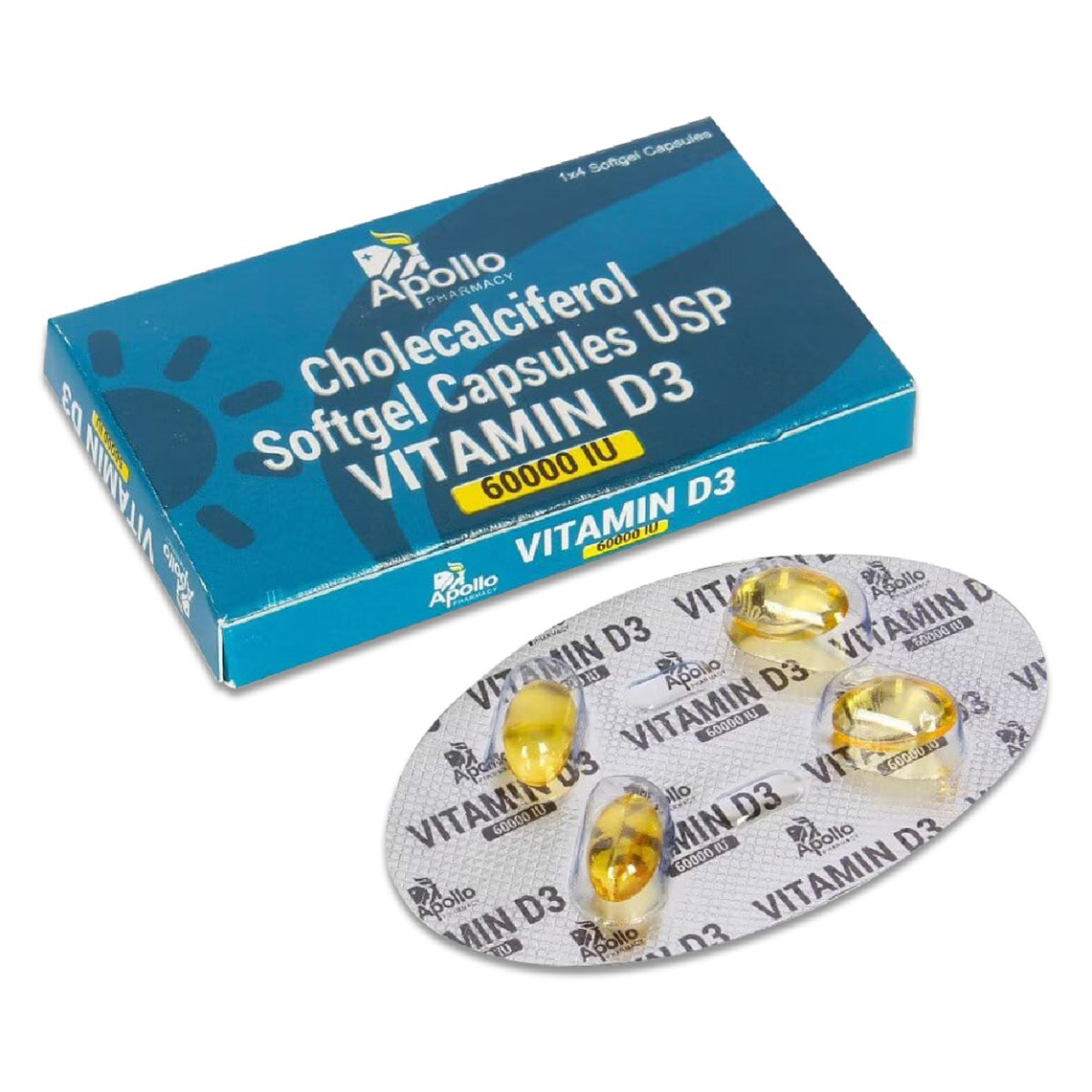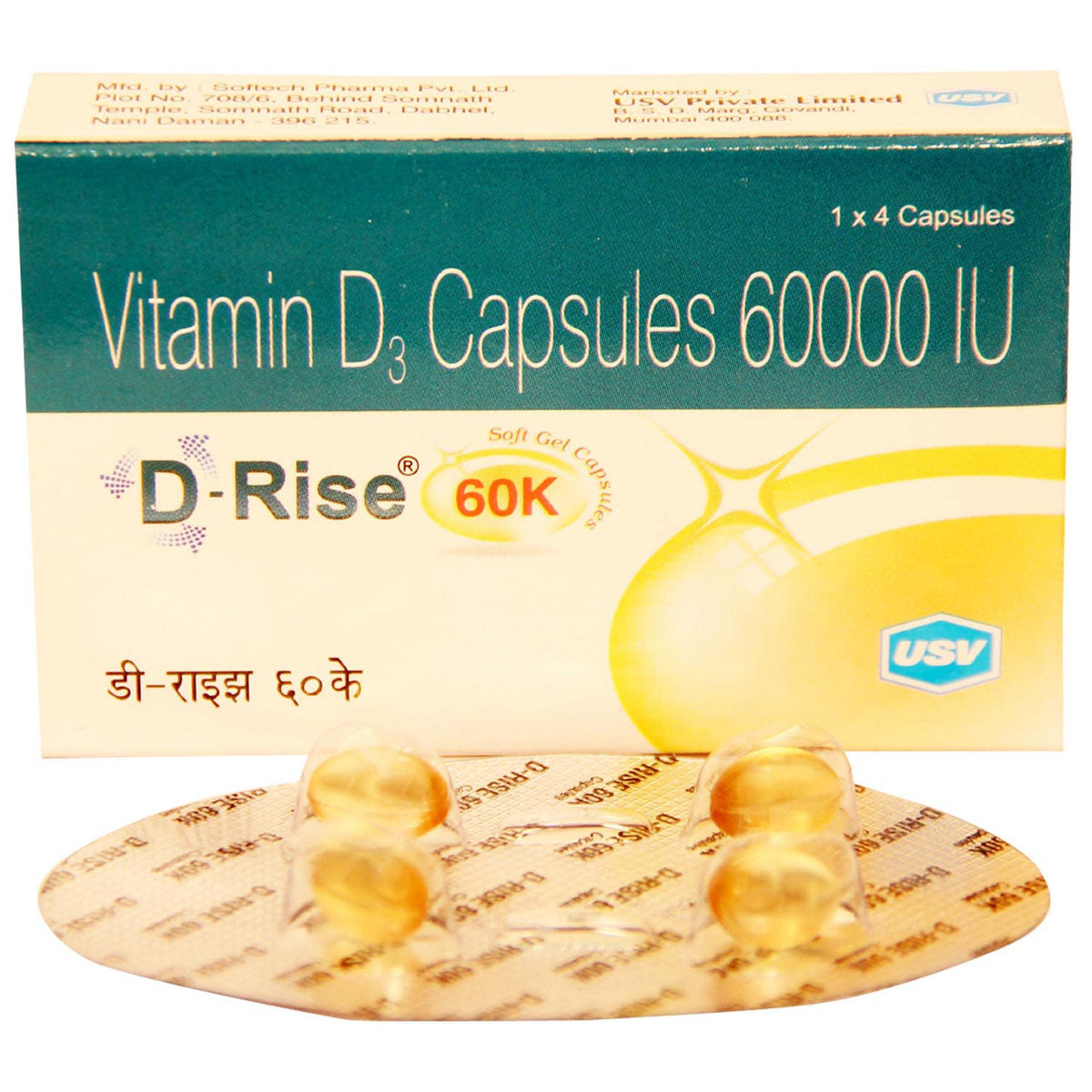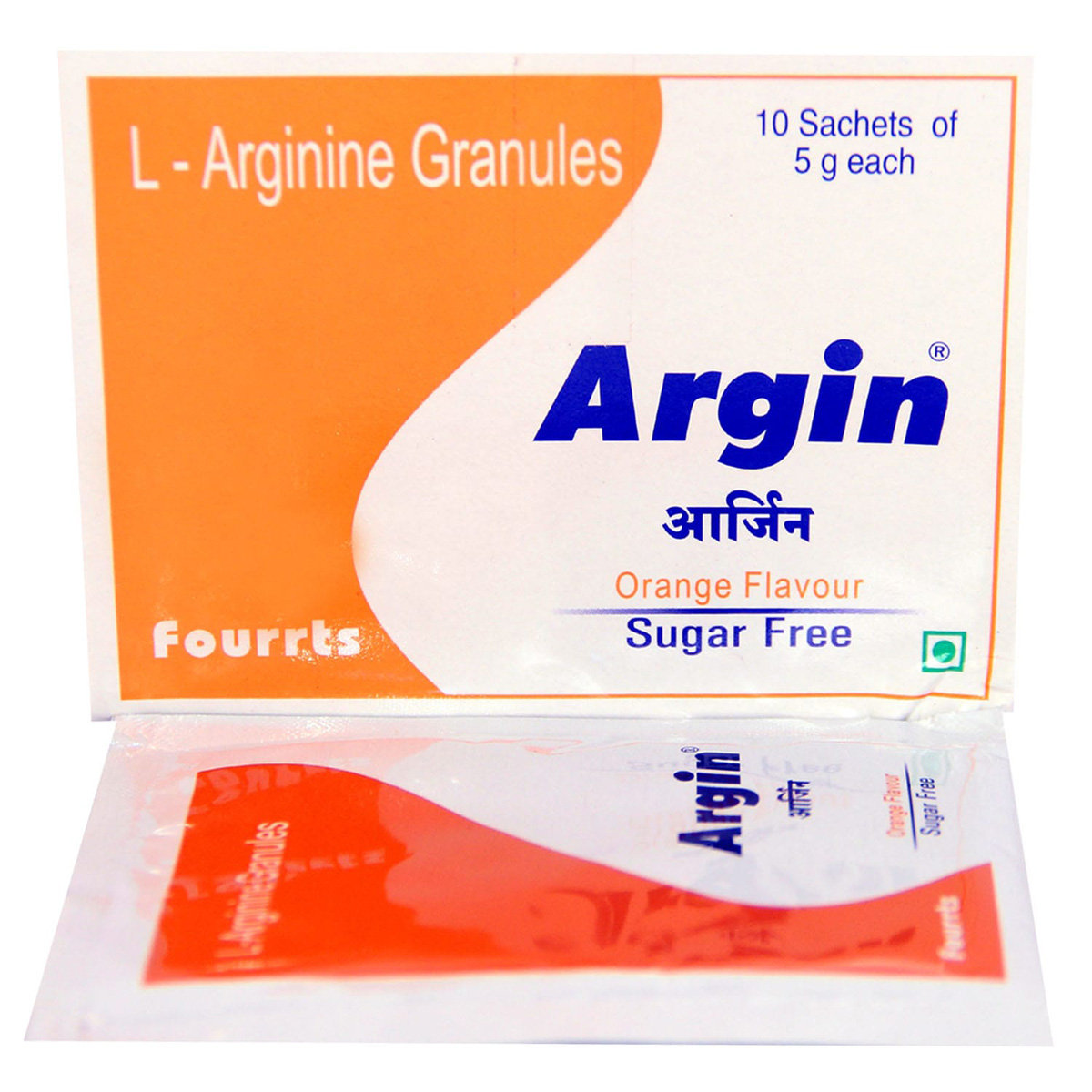Olmark A Tablet
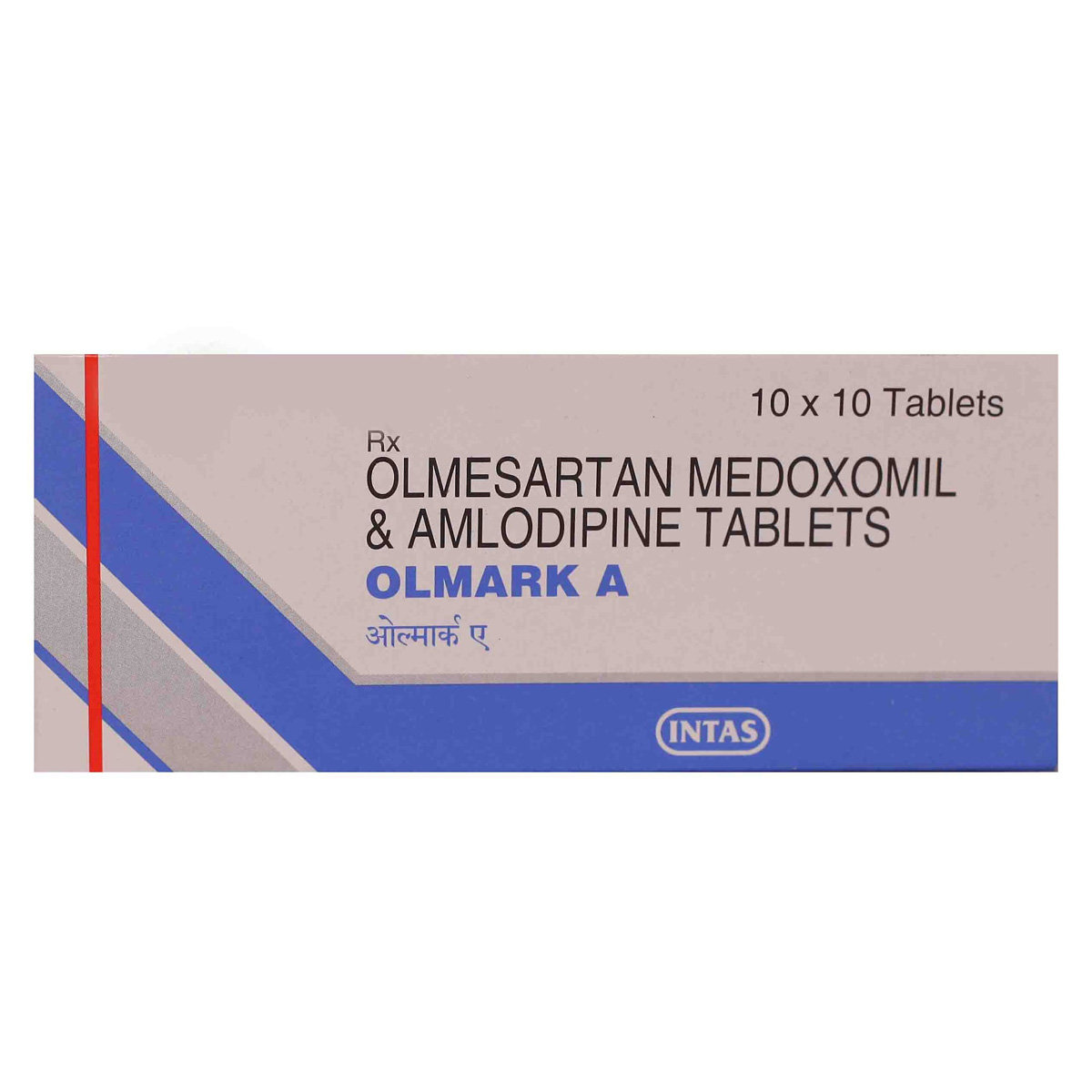
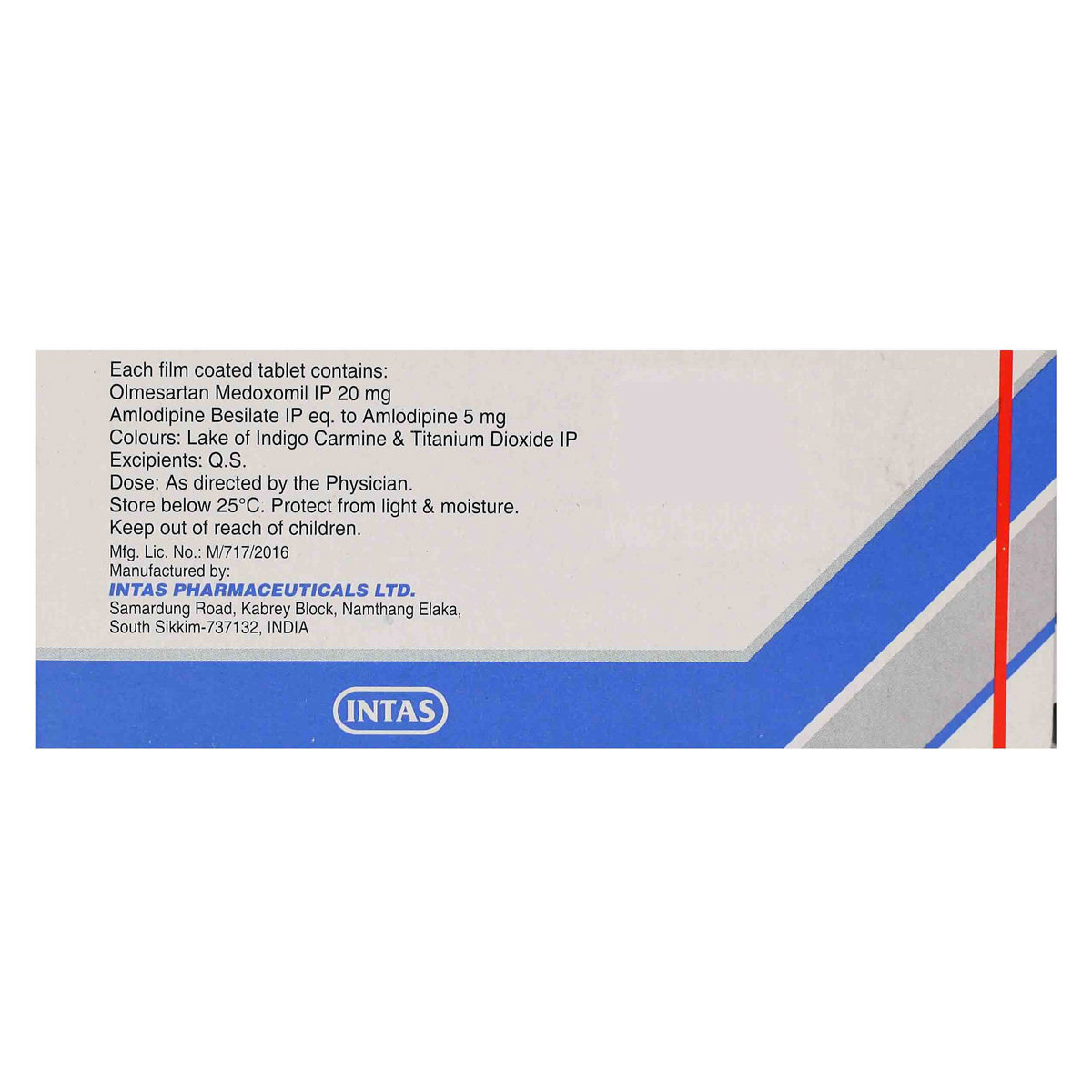
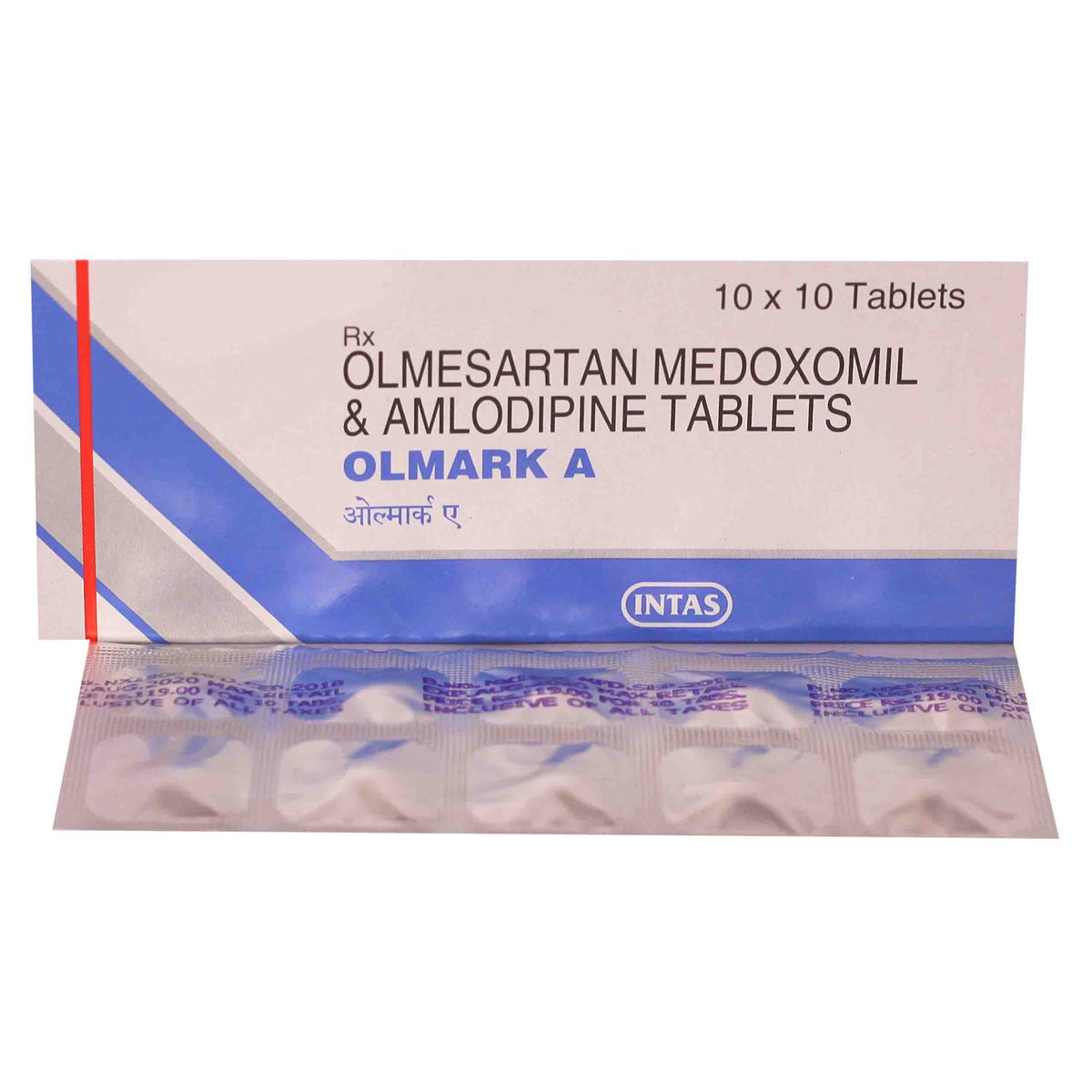
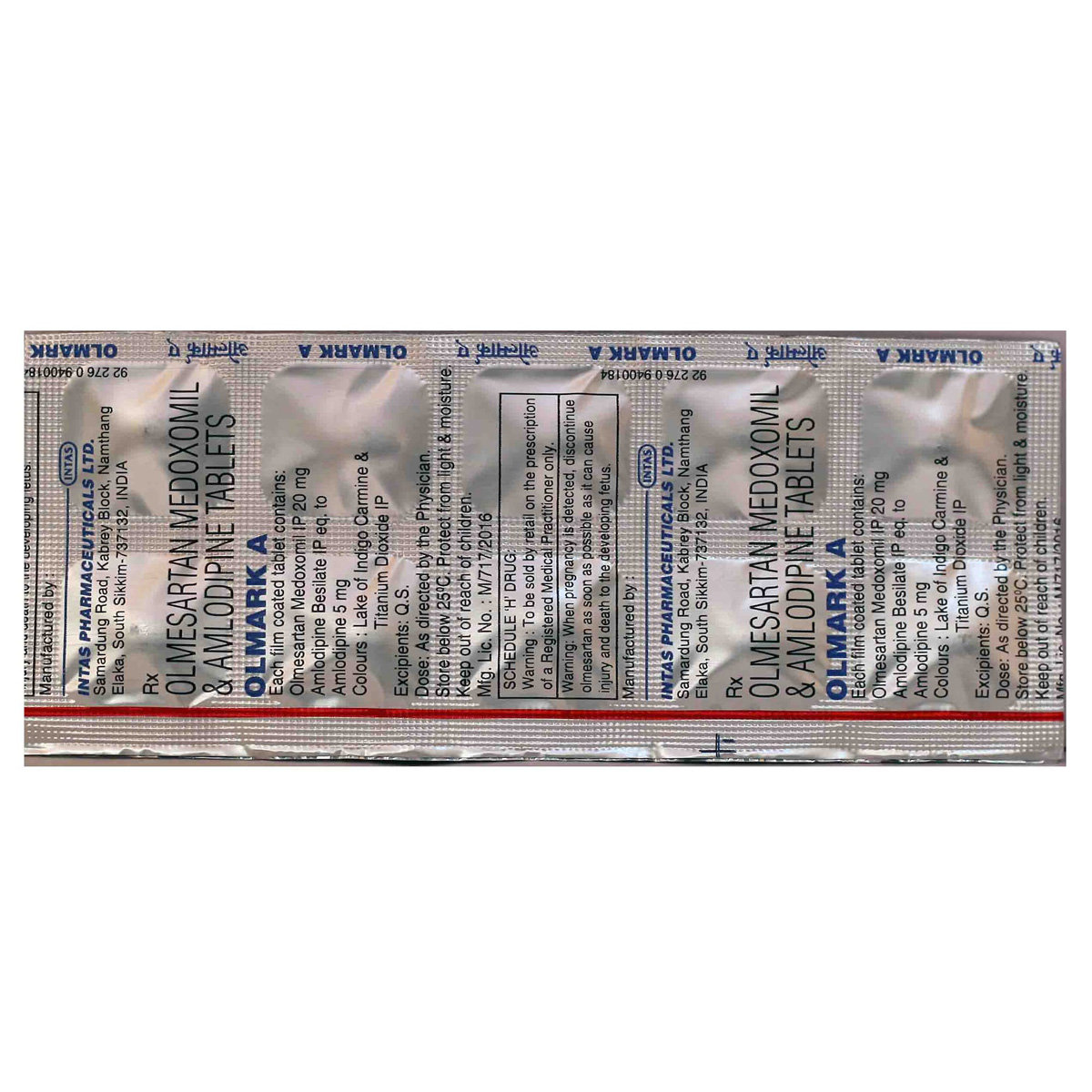
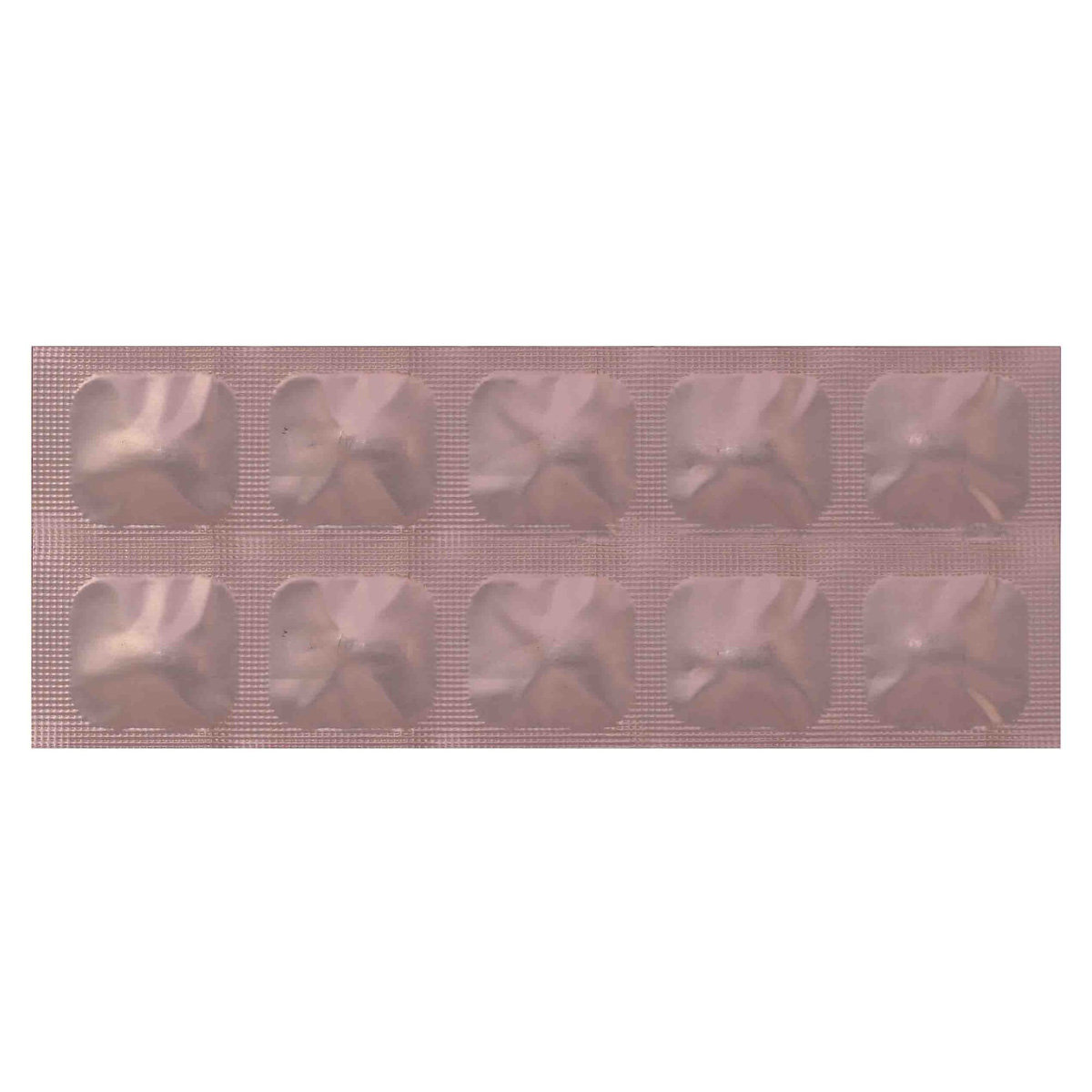
MRP ₹175.5
(Inclusive of all Taxes)
₹26.3 Cashback (15%)
know your delivery time
Provide Delivery Location
Composition :
Manufacturer/Marketer :
Consume Type :
Expires on or after :
Return Policy :

Secure Payment

Trusted by 8 Crore Indians

Genuine Products
Therapeutic Class
Country of origin
Manufacturer/Marketer address
Disclaimer
Alcohol
Safe if prescribed
You are recommended not to consume alcohol along with Olmark A Tablet to avoid unpleasant side effects.
Pregnancy
Consult your doctor
Olmark A Tablet contains category C (amlodipine) and category D (telmisartan) as category D is a high risk, so it should not be taken during pregnancy.
Breast Feeding
Consult your doctor
Olmark A Tablet is not recommended in breastfeeding mothers. It is excreted into milk in small amounts and is cleared slowly. It can accumulate in infants, especially newborns or preterm infants. Lactation might also be suppressed due to the effect of Olmark A Tablet .
Driving
Safe if prescribed
Driving after taking Olmark A Tablet is not recommended as it may occasionally cause drowsiness or fatigue.
Liver
Consult your doctor
Olmark A Tablet to be taken with caution, especially if you have a liver disease history. Your doctor will have to change the dosage depending on your medical condition and your reaction to treatment.
Kidney
Consult your doctor
Olmark A Tablet to be taken with caution, especially if you have a history of kidney diseases/conditions. The dose may have to be adjusted by your doctor.
Children
Safe if prescribed
Use of Olmark A Tablet in children less than 12 years of age is not recommended as the safety and efficacy of Olmark A Tablet in these age groups have not yet been established.
Product Substitutes
About Olmark A Tablet
Olmark A Tablet is a combination of medication containing blood pressure-lowering medicines primarily used to treat high blood pressure. Olmark A Tablet is used alone or in combination with other blood pressure-lowering medications. Hypertension or high blood pressure is a chronic condition in which the blood's force against the artery wall is high. As a result, it leads to heart disease, irregular heartbeat, and other complications.
Olmark A Tablet contains Olmesartan (angiotensin receptor blocker) and Amlodipine (calcium channel blocker). Olmesartan works by blocking the hormone angiotensin, thereby relaxing blood vessels. This allows the blood to flow more smoothly and the heart to pump more efficiently. Amlodipine, on the other hand, acts by relaxing the blood vessels. This reduces the heart's workload and makes the heart more efficient at pumping blood throughout the body. Thus, both help lower high blood pressure, reducing heart attack or stroke chances.
You can take Olmark A Tablet with food or without food with a glass of water. Do not chew, bite, or break it. Your doctor will advise you on how often you should take your tablets based on your medical condition. In some cases, you may experience headaches, drowsiness, ankle swelling, nausea, dizziness, and low blood pressure. Most of these side effects of Olmark A Tablet do not require medical attention and gradually resolve over time. However, if the side effects are persistent, reach out to your doctor. It is advisable to drink plenty of fluids while taking Olmark A Tablet .
Try not to stop taking Olmark A Tablet on your own. Inform your doctor, and your dose might be gradually lowered to avoid a rise in blood pressure and increase the risk of heart disease and stroke. Inform your doctor if you are suffering from kidney, liver, heart disease, or diabetes. If you are pregnant or breastfeeding, please tell your doctor, as it is not recommended in pregnancy. It should not be given to children less than 12 years of age. Do not use Olmark A Tablet if you have low blood pressure (hypotension) or cardiogenic shock (sudden stopping blood flow to the heart). Please tell your doctor if you are taking any other medicines or are allergic to the Olmark A Tablet . Reducing the amount of table salt (sodium chloride) in your food often relieves the body's swelling. Grapefruit juice and St. John's wort plant should not be consumed when taking Olmark A Tablet as it is contraindicated.
Uses of Olmark A Tablet
Medicinal Benefits Mweb
Key Benefits
Olmark A Tablet contains Olmesartan (angiotensin receptor blocker) and Amlodipine (calcium channel blocker). Olmesartan works by blocking the hormone angiotensin, thereby relaxing blood vessels. This allows the blood to flow more smoothly and the heart to pump more efficiently. Amlodipine, on the other hand, acts by relaxing the blood vessels. This reduces the heart's workload and makes the heart more efficient at pumping blood throughout the body. Thus, both help lower high blood pressure, reducing future heart attack or stroke chances.
Directions for Use
Side Effects of Olmark A Tablet
- Headaches
- Drowsiness
- Ankle swelling
- Nausea
- Dizziness
- Low blood pressure
Drug Warnings
Olmark A Tablet should not be given to the people allergic to Olmark A Tablet or may of its ingredients. If you have low blood pressure (less than 90 mm of Hg), have had a heart attack, kidney disease, liver disease, are pregnant, or planning to get pregnant and breastfeeding women; do not take Olmark A Tablet . Besides this, it is contraindicated in low blood pressure (hypotension), cardiogenic shock (sudden stopping of blood flow to the heart), and aortic stenosis (heart valve problem). Olmark A Tablet can pass into breast milk, but its effect on the baby is not known. So, it is better to tell your doctor if you are taking Olmark A Tablet and breastfeeding. Grapefruit juice and St. John's wort plant should not be consumed when taking Olmark A Tablet as it is contraindicated. Drinking alcohol while using Olmark A Tablet can cause you to have low blood pressure, so avoid alcoholic beverages.
Drug-Drug Interactions
Drug-Drug Interactions
Login/Sign Up
Using aliskiren together with olmesartan may increase the risk of serious side effects (kidney problems, low blood pressure, and high potassium levels in the blood).
How to manage the interaction:
Taking Olmark A Tablet with Aliskiren is not recommended as it can cause an interaction, they can be taken if advised by a doctor. You should seek medical attention if you experience nausea, vomiting, weakness, confusion, tingling of the hands and feet, feelings of heaviness in the legs, a weak pulse, or a slow or irregular heartbeat.It is crucial that you continue to consume enough fluids while taking these medications. Do not stop using any medications without consulting a doctor.
Using Olmark A Tablet together with dantrolene may increase the risk of hyperkalemia (high blood potassium).
How to manage the interaction:
Taking Olmark A Tablet with Dantrolene can cause an interaction, consult a doctor before taking it. You should seek medical attention if you experience nausea, vomiting, weakness, confusion, tingling of the hands and feet, a weak pulse, or a slow or irregular heartbeat. Do not stop using any medications without talking to a doctor.
Using Olmark A Tablet with Potassium chloride may increase Potassium levels in the blood.
How to manage the interaction:
Although taking Olmark A Tablet together with Potassium chloride may lead to an interaction but can be taken if prescribed by the doctor. However, consult the doctor if you experience nausea, vomiting, weakness, disorientation, tingling in your hands and feet, feelings of heaviness in your legs, a weak pulse, or a slow or irregular heartbeat. It is important to maintain proper fluid intake while taking these medications. Do not stop using any medications without talking to a doctor.
Coadministration of Olmark A Tablet with potassium iodide may increase potassium levels in the blood. (High potassium levels can cause hyperkalemia, which can lead to kidney failure, muscular paralysis, abnormal heart rhythm, and cardiac arrest in extreme cases).
How to manage the interaction:
Although taking Olmark A Tablet together with potassium iodide may lead to an interaction but can be taken if prescribed by the doctor. However, consult the doctor if you experience nausea, vomiting, weakness, disorientation, tingling in your hands and feet, feelings of heaviness in your legs, a weak pulse, or a slow or irregular heartbeat. It is important to maintain proper fluid intake while taking these medications. Do not stop using any medications without talking to a doctor.
Taking Olmark A Tablet with trimethoprim may increase potassium levels in the blood.
How to manage the interaction:
Although taking Olmark A Tablet with trimethoprim may lead to an interaction but can be taken if prescribed by the doctor. However, consult the doctor if you experience nausea, vomiting, weakness, disorientation, tingling in your hands and feet, feelings of heaviness in your legs, a weak pulse, or a slow or irregular heartbeat. Do not stop using any medications without talking to a doctor.
Olmark A Tablet when combined with benazepril may cause low blood pressure, kidney problems, and may increase potassium levels in the blood.
How to manage the interaction:
Although taking Olmark A Tablet with benazepril may lead to an interaction but can be taken if prescribed by the doctor. However, consult the doctor if you experience nausea, vomiting, weakness, disorientation, tingling in your hands and feet, feelings of heaviness in your legs, a weak pulse, or a slow or irregular heartbeat. Do not stop using any medications without talking to a doctor.
Taking lithium with Olmark A Tablet may significantly increase the blood levels of lithium .
How to manage the interaction:
Although taking Olmark A Tablet alongside lithium can lead to interaction, they can be taken if prescribed by a doctor. However, if you develop sleepiness, dizziness, confusion, loose stools, vomiting, muscular weakness, muscle incoordination, a shaking sensation, blurred vision, ringing in the ears, excessive thirst, and/or increased urination, consult a doctor. Do not stop using any medications without talking to a doctor.
Taking Olmark A Tablet with triamterene may increase potassium levels in the blood. (High potassium levels can cause hyperkalemia, which can lead to kidney failure, muscular paralysis, abnormal heart rhythm, and cardiac arrest in extreme cases).
How to manage the interaction:
Although taking Olmark A Tablet with triamterene may lead to an interaction but can be taken if prescribed by the doctor. However, consult the doctor if you experience nausea, vomiting, weakness, disorientation, tingling in your hands and feet, feelings of heaviness in your legs, a weak pulse, or a slow or irregular heartbeat. Do not stop using any medications without talking to a doctor.
When Olmark A Tablet is taken with captopril, it may cause low blood pressure, kidney problems, and may increase potassium levels in the blood.
How to manage the interaction:
Although taking Olmark A Tablet with captopril may lead to an interaction but can be taken if prescribed by the doctor. However, consult the doctor if you experience nausea, vomiting, weakness, disorientation, tingling in your hands and feet, feelings of heaviness in your legs, a weak pulse, or a slow or irregular heartbeat. Do not stop using any medications without talking to a doctor.
Coadministration of Olmark A Tablet with fosinopril may cause low blood pressure, kidney problems, and may increase potassium levels in the blood.
How to manage the interaction:
Although taking Olmark A Tablet together with fosinopril may lead to an interaction but can be taken if prescribed by the doctor. However, consult the doctor if you experience nausea, vomiting, weakness, disorientation, tingling in your hands and feet, feelings of heaviness in your legs, a weak pulse, or a slow or irregular heartbeat. Do not stop using any medications without talking to a doctor.
Drug-Food Interactions
Drug-Food Interactions
Login/Sign Up
Lentils, Orange Juice, Oranges, Raisins, Potatoes, Salmon Dried, Spinach, Sweet Potatoes, Tomatoes, Coconut Water, Beans, Beetroot, Broccoli, Bananas, Apricots, Avocado, Yogurt
How to manage the interaction:
Taking Olmark A Tablet with potassium-containing salt substitutes or potassium supplements can cause high levels of potassium in the blood. Avoid taking potassium-containing salt substitutes or potassium supplements while being treated with Olmark A Tablet.
Drug-Diseases Interactions
Drug-Diseases Interactions
Login/Sign Up
Drug-Drug Interactions Checker List
- METOPROLOL
- RAMIPRIL
- HYDROCHLOROTHIAZIDE
- ATORVASTATIN
- SIMVASTATIN
- SILDENAFIL
- ERYTHROMYCIN
- RIFAMPICIN
- ITRACONAZOLE
- KETOCONAZOLE
- RITONAVIR
- CARBAMAZEPINE
- PHENYTOIN
- PHENOBARBITAL
- PRIMIDONE
- CYCLOSPORINE
- TACROLIMUS
- IBUPROFEN
- ASPIRIN
Habit Forming
Diet & Lifestyle Advise
- Keep your weight under control with a BMI of 19.5-24.9.
- Do regular physical activity or exercise for at least 150 minutes per week, or about 30 minutes most days of the week. Doing this can help you to lower your raised blood pressure by about 5 mm of Hg.
- Opt for a diet rich in whole grains, fruits, veggies, and low-fat dairy products.
- Limit sodium chloride (table salt) intake in your daily diet to 2300 mg per day or less than 1500 mg is ideal for most adults.
- If you are taking alcohol, then only one serving for women and two servings for men is advisable.
- Quitting smoking is the best strategy to lower the risk of heart disease.
- Avoid chronic stress, as it can raise your blood pressure. Try to enjoy and spend time with your loved ones to cope with stress and practice mindfulness techniques.
- Monitor your blood pressure daily and if there is too much fluctuation, then immediately contact your doctor.
- Try to include heart-healthy omega-3 fatty acids-containing food drinks in your daily diet. You can also use low-fat cooking oil like olive oil, soybean oil, canola oil, and coconut oil to help lower your elevated blood pressure.
All Substitutes & Brand Comparisons
RX
Olmighty AM Tablet 10's
Merck Ltd
₹93.5
(₹8.42 per unit)
46% CHEAPERRX
Olmetop 20 AM Tablet 15's
Elbrit Life Sciences Pvt Ltd
₹175
(₹10.5 per unit)
33% CHEAPERRX
Olmin 20-A Tablet 10's
Eris Life Sciences Ltd
₹145
(₹13.05 per unit)
17% CHEAPER
Buy best Cardiology products by
Torrent Pharmaceuticals Ltd
Sun Pharmaceutical Industries Ltd
Lupin Ltd
Intas Pharmaceuticals Ltd
Cipla Ltd
Micro Labs Ltd
Macleods Pharmaceuticals Ltd
Abbott India Ltd
Ajanta Pharma Ltd
Ipca Laboratories Ltd
Eris Life Sciences Ltd
Mankind Pharma Pvt Ltd
Lloyd Healthcare Pvt Ltd
Dr Reddy's Laboratories Ltd
Glenmark Pharmaceuticals Ltd
Emcure Pharmaceuticals Ltd
Alembic Pharmaceuticals Ltd
Alkem Laboratories Ltd
East West Pharma India Pvt Ltd
USV Pvt Ltd
Zydus Healthcare Ltd
Aristo Pharmaceuticals Pvt Ltd
Elbrit Life Sciences Pvt Ltd
J B Chemicals & Pharmaceuticals Ltd
Zydus Cadila
Akumentis Healthcare Ltd
Alteus Biogenics Pvt Ltd
Hbc Life Sciences Pvt Ltd
Fusion Health Care Pvt Ltd
Troikaa Pharmaceuticals Ltd
La Renon Healthcare Pvt Ltd
Corona Remedies Pvt Ltd
Jubilant Lifesciences Ltd
Medley Pharmaceuticals Ltd
Knoll Healthcare Pvt Ltd
Msn Laboratories Pvt Ltd
Zuventus Healthcare Ltd
Cadila Pharmaceuticals Ltd
Blue Cross Laboratories Pvt Ltd
Lividus Pharmaceuticals Pvt Ltd
Morepen Laboratories Ltd
Ranmarc Labs
Shrrishti Health Care Products Pvt Ltd
Sanofi India Ltd
Steris Healthcare
Elder Pharmaceuticals Ltd
Primus Remedies Pvt Ltd
Unison Pharmaceuticals Pvt Ltd
Eswar Therapeutics Pvt Ltd
Knoll Pharmaceuticals Ltd
Tas Med India Pvt Ltd
Systopic Laboratories Pvt Ltd
Indiabulls Pharmaceuticals Pvt Ltd
Leeford Healthcare Ltd
Sinsan Pharmaceuticals Pvt Ltd
Biochem Pharmaceutical Industries Ltd
Cadila Healthcare Ltd
Azkka Pharmaceuticals Pvt Ltd
Nirvana India Pvt Ltd
Orsim Pharma
Prevego Healthcare & Research Pvt Ltd
Econ Healthcare
Elinor Pharmaceuticals (P) Ltd
FDC Ltd
Sunij Pharma Pvt Ltd
Nicholas Piramal India Ltd
Astra Zeneca Pharma India Ltd
Pfizer Ltd
Lia Life Sciences Pvt Ltd
Shine Pharmaceuticals Ltd
Elicad Pharmaceuticals Pvt Ltd
Indoco Remedies Ltd
Proqol Health Care Pvt Ltd
Vasu Organics Pvt Ltd
Biocon Ltd
Opsis Care Lifesciences Pvt Ltd
Johnlee Pharmaceuticals Pvt Ltd
Merck Ltd
Wockhardt Ltd
Auspharma Pvt Ltd
Ergos Life Sciences Pvt Ltd
Lakshya Life Sciences Pvt Ltd
Ordain Health Care Global Pvt Ltd
Pficus De Med Pvt Ltd
ALICAN PHARMACEUTICAL PVT LTD
RPG Life Sciences Ltd
Glynis Pharmaceuticals Pvt Ltd
Orris Pharmaceuticals
Samarth Life Sciences Pvt Ltd
Aprica Pharmaceuticals Pvt Ltd
Aretaeus Pharmaceuticals Pvt Ltd
Koye Pharmaceuticals Pvt Ltd
Neocardiab Care
Retra Life Science Pvt Ltd
Alniche Life Sciences Pvt Ltd
Alvio Pharmaceuticals Pvt Ltd
Arkas Pharma Pvt Ltd
Atos Lifesciences Pvt Ltd
Divine Savior Pvt Ltd
Metalis Lifesciences Pvt Ltd
Frequently Bought Together
Customers Also Bought

